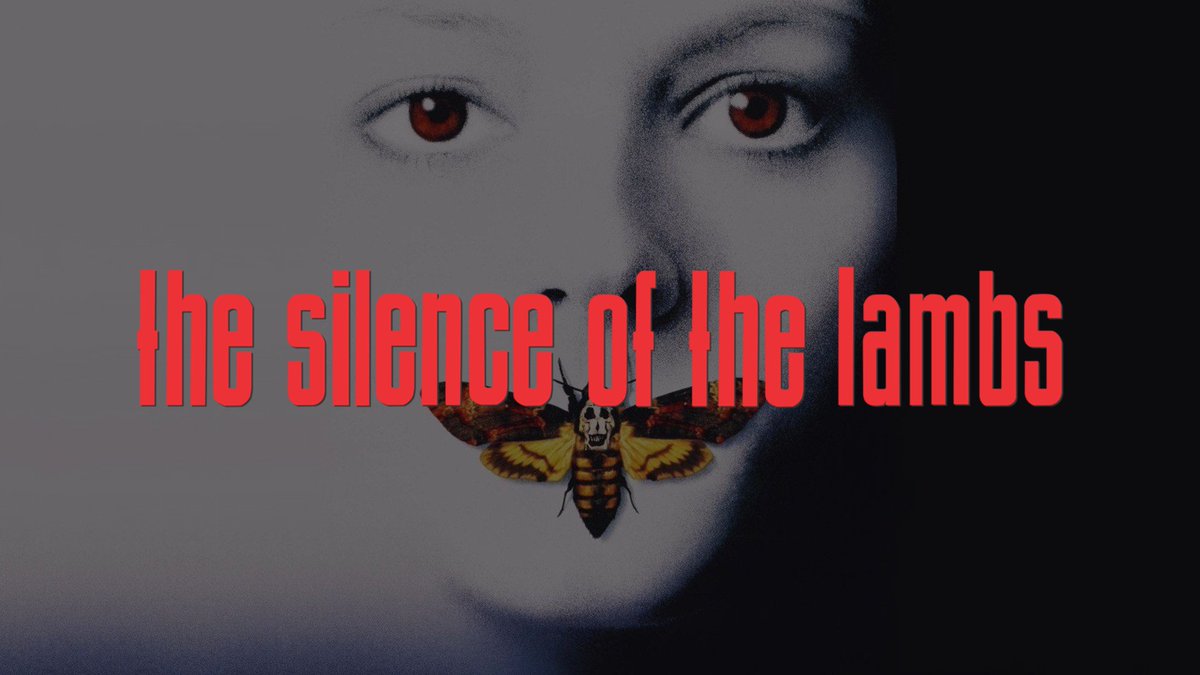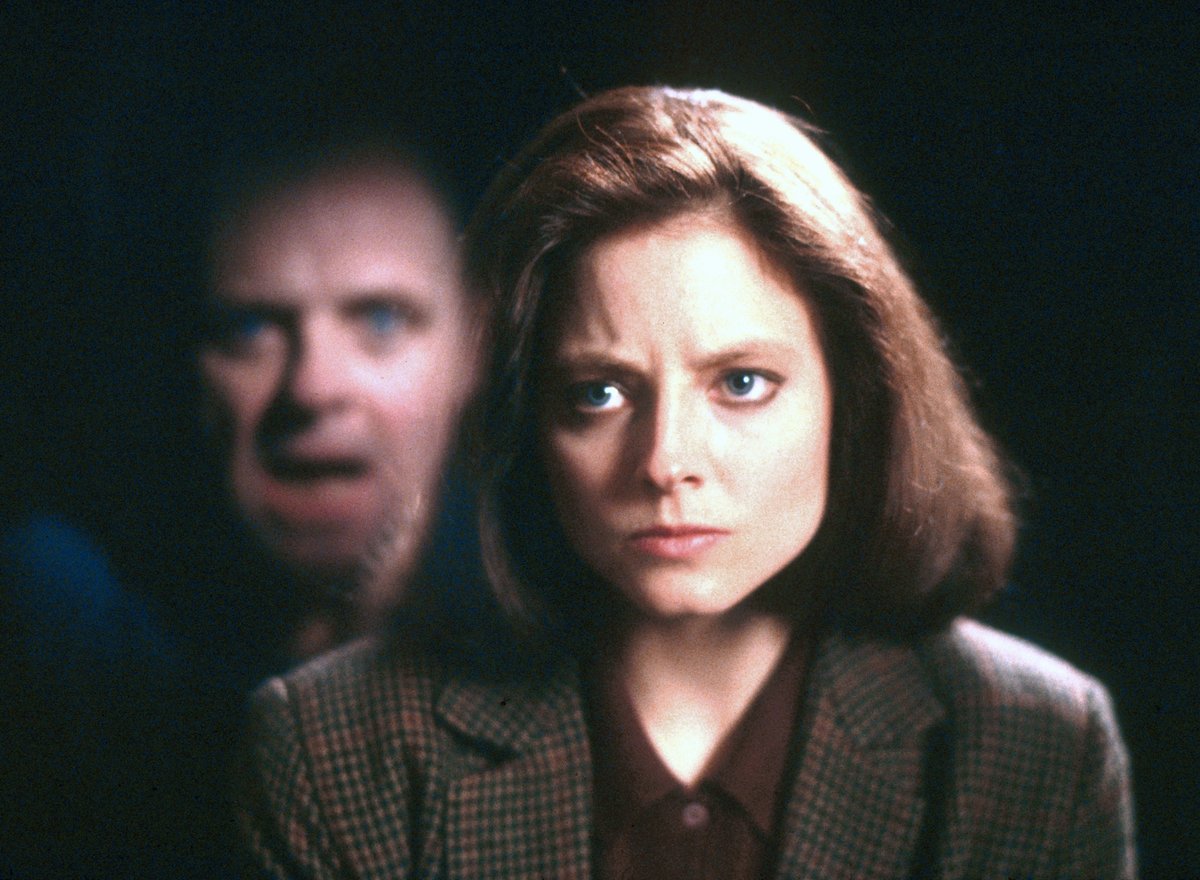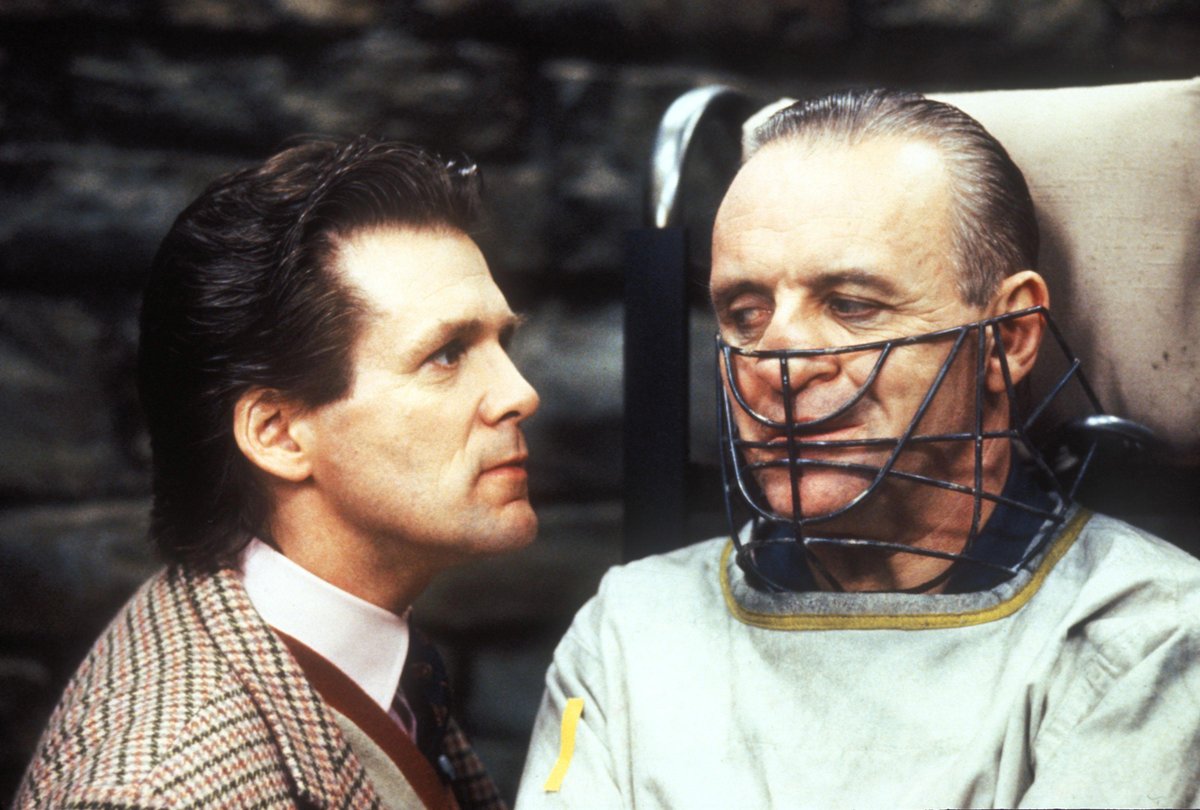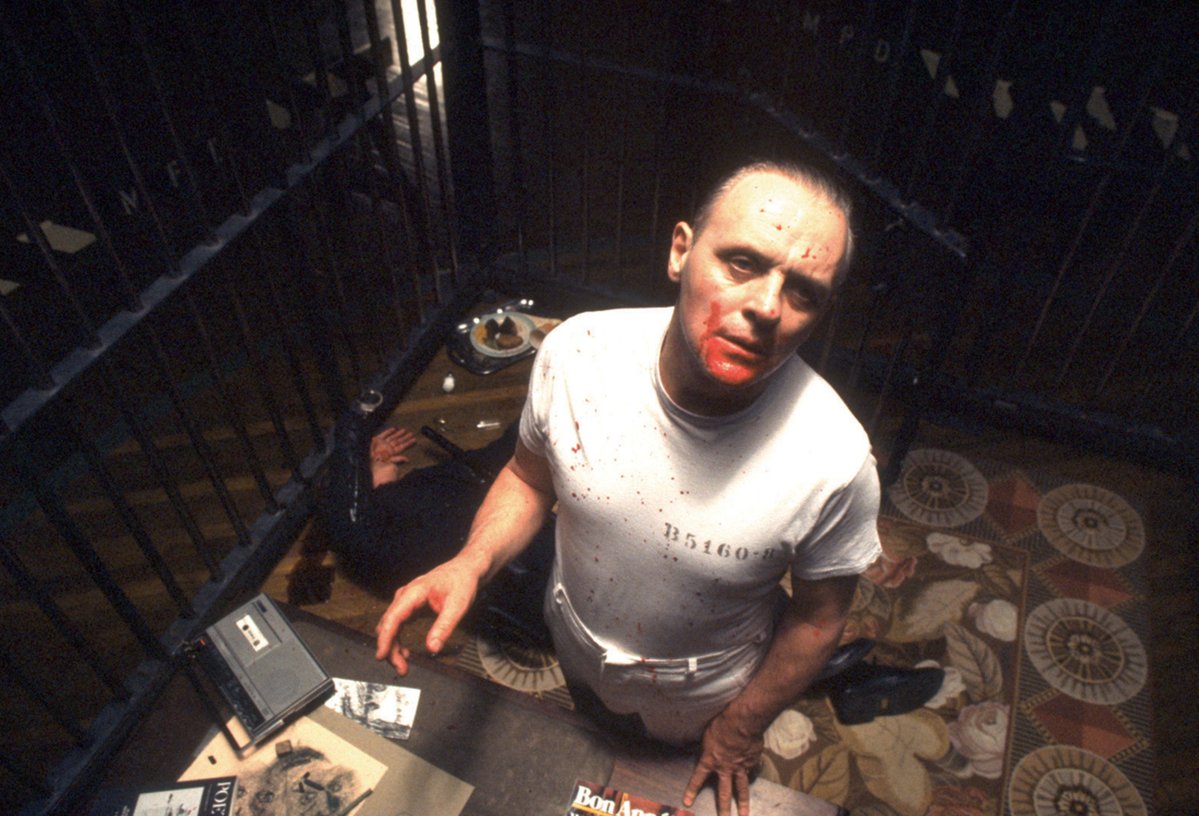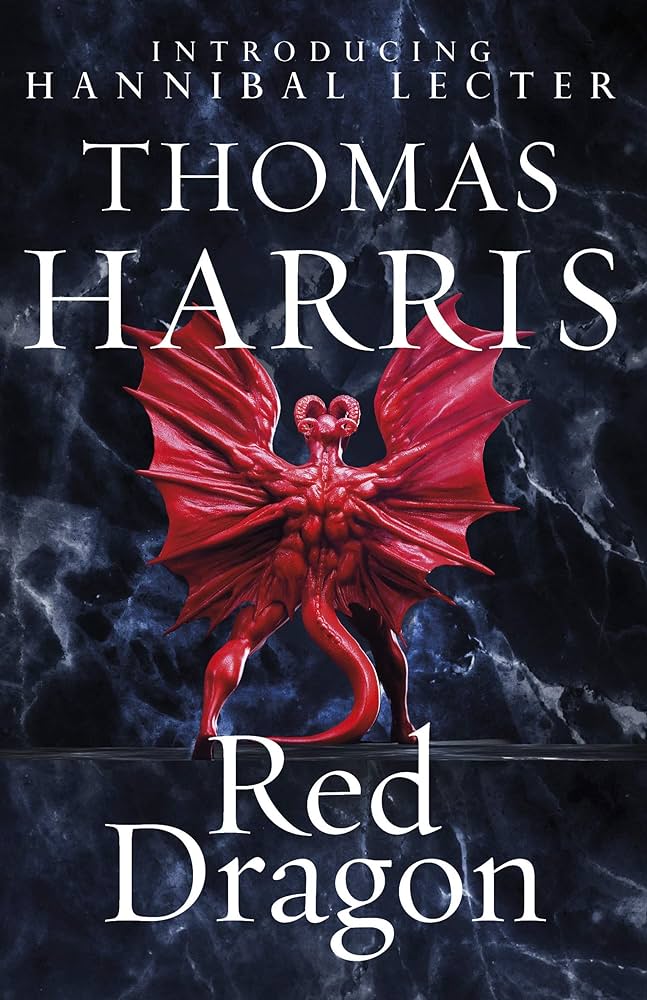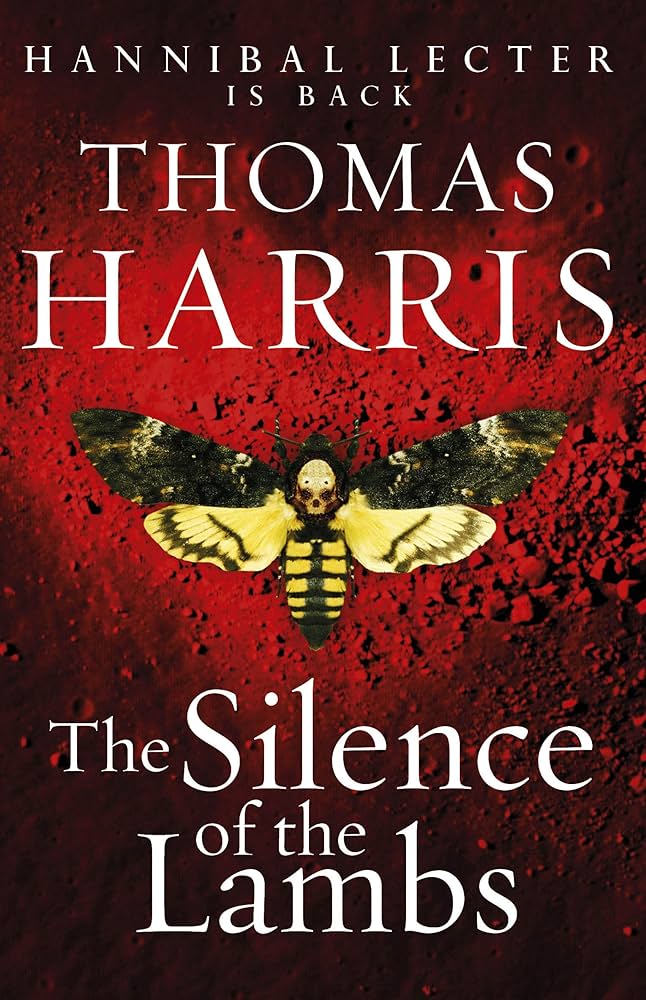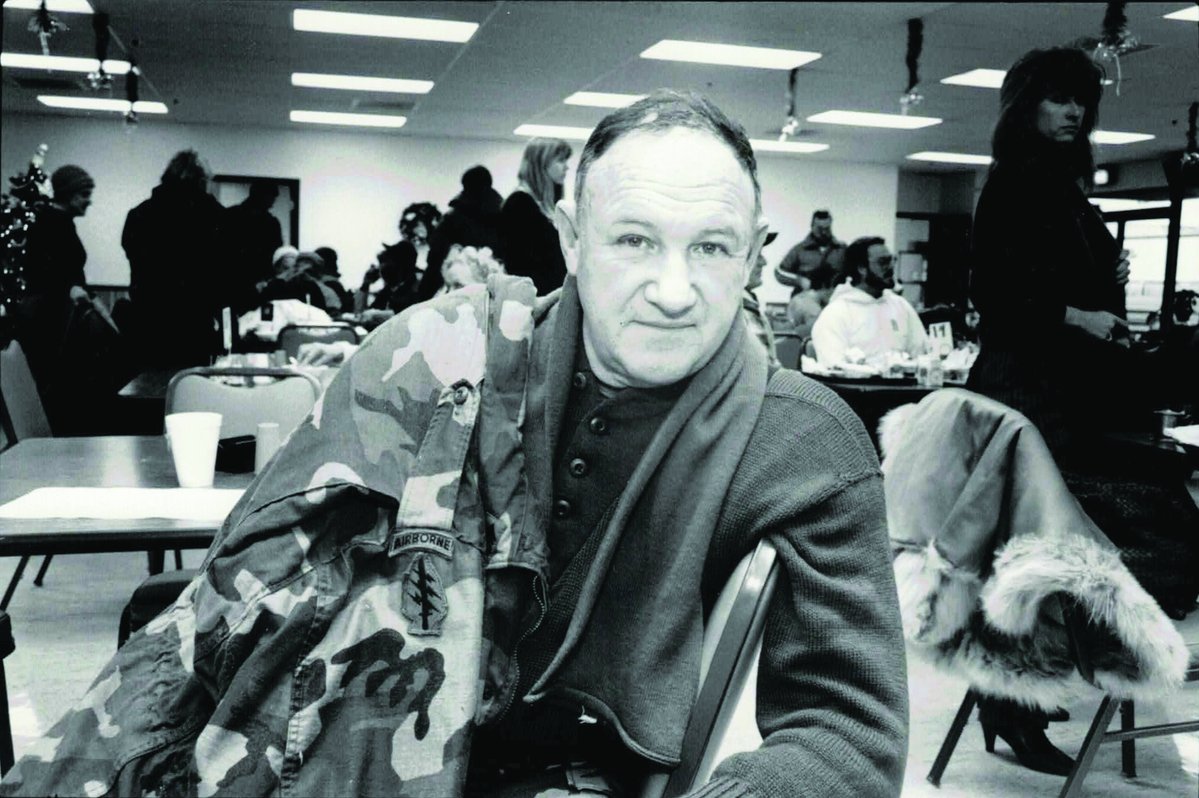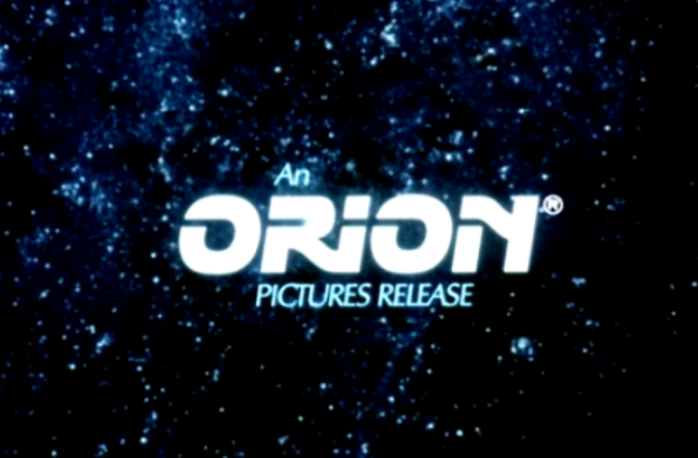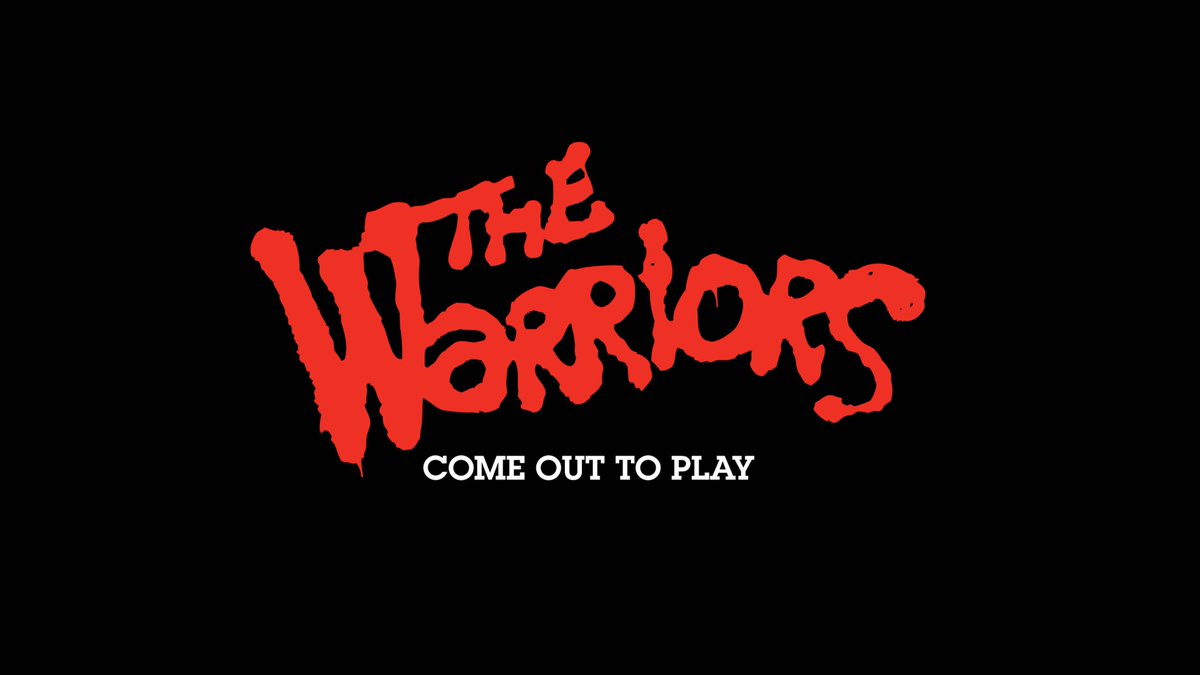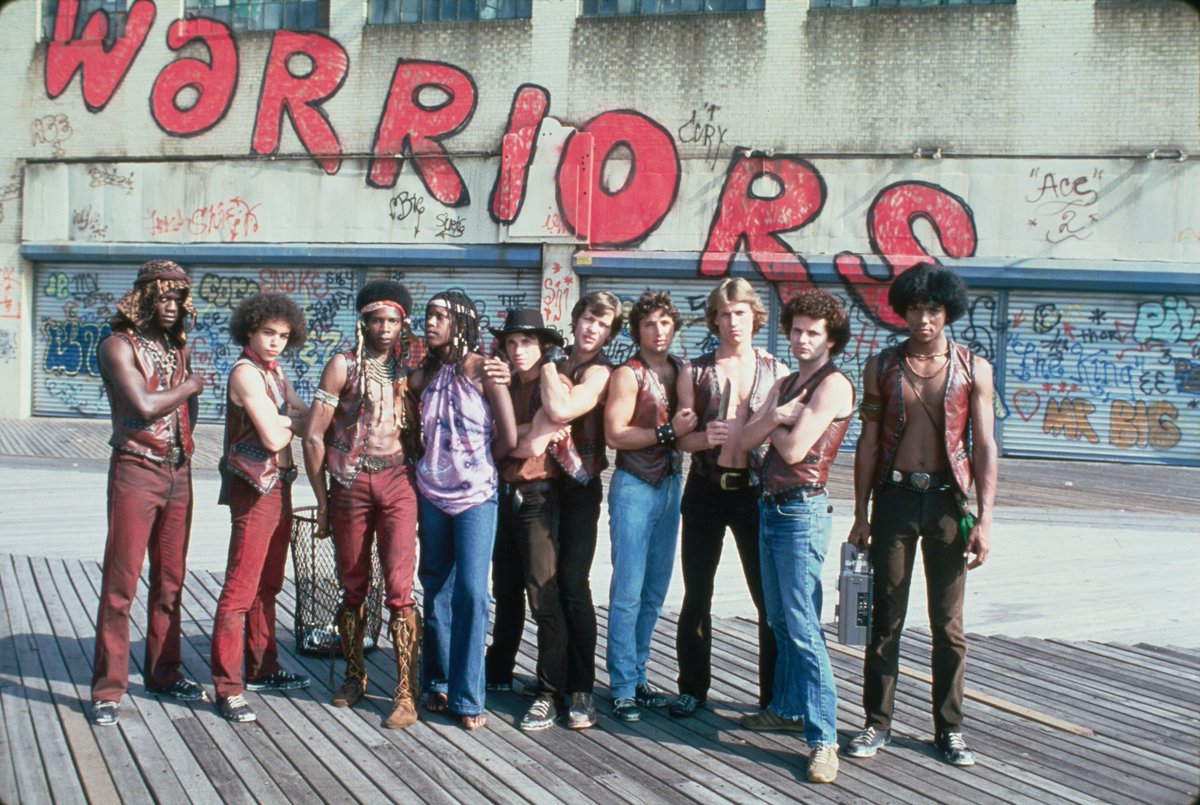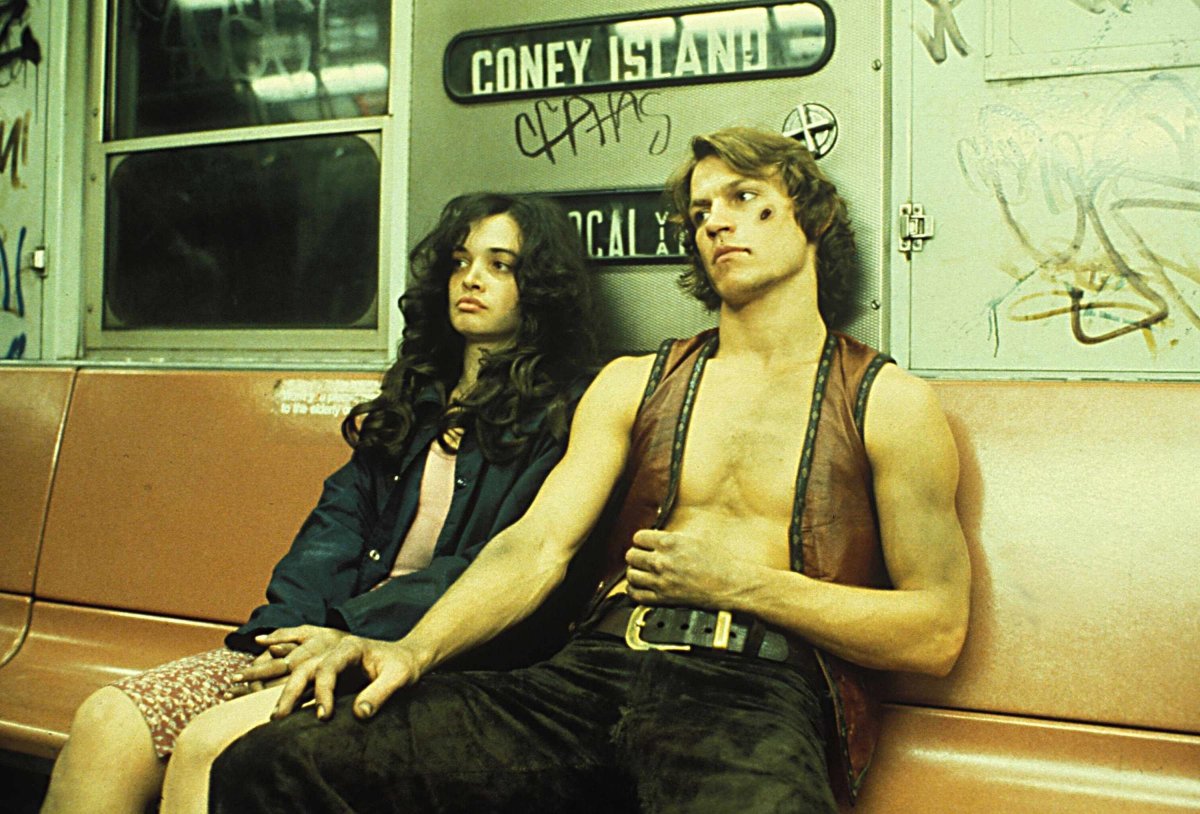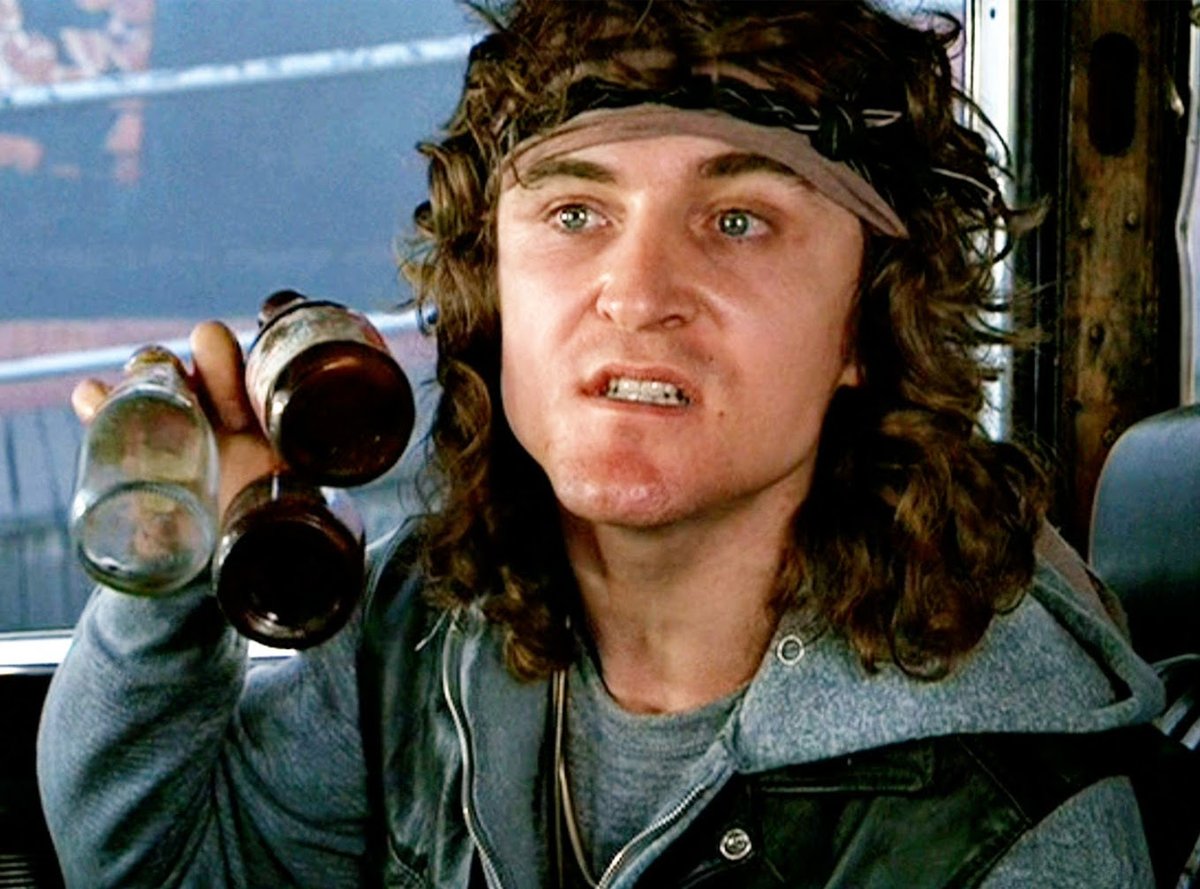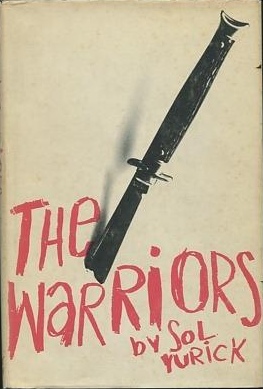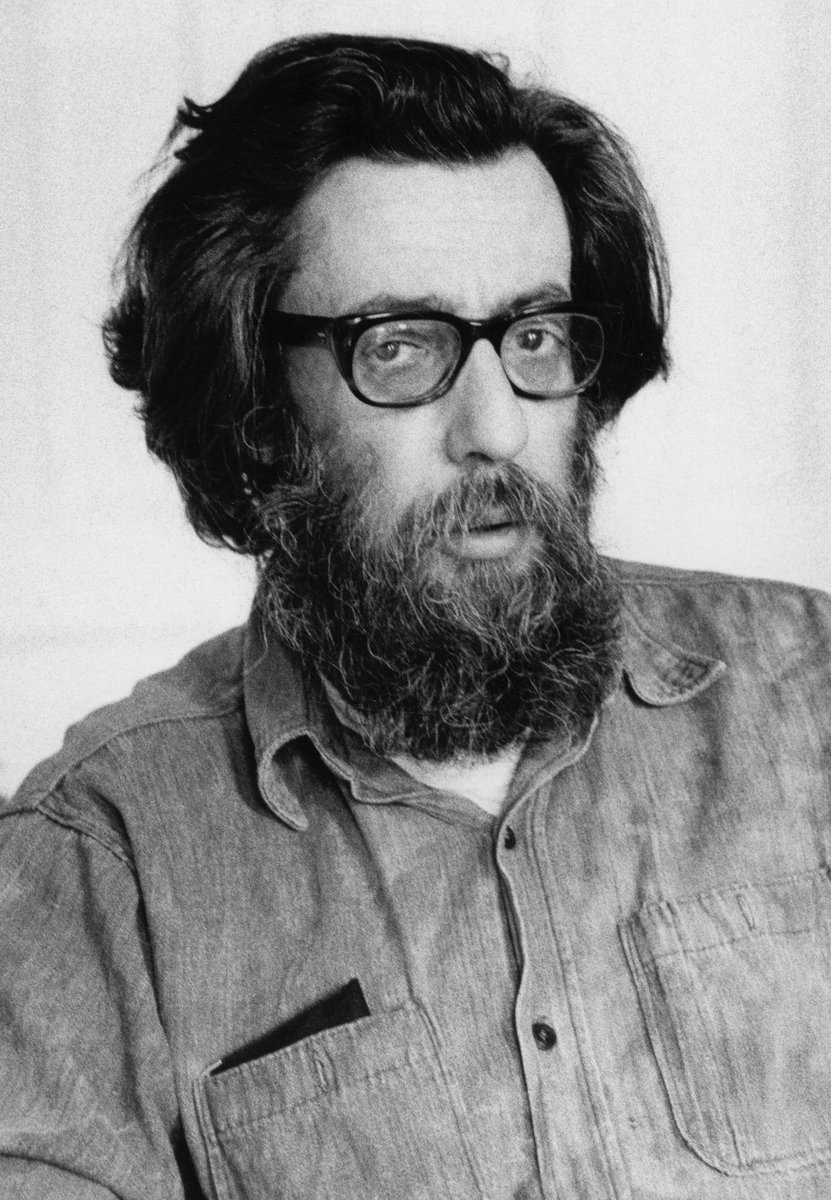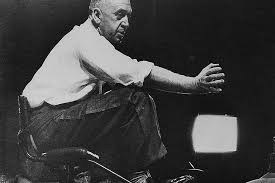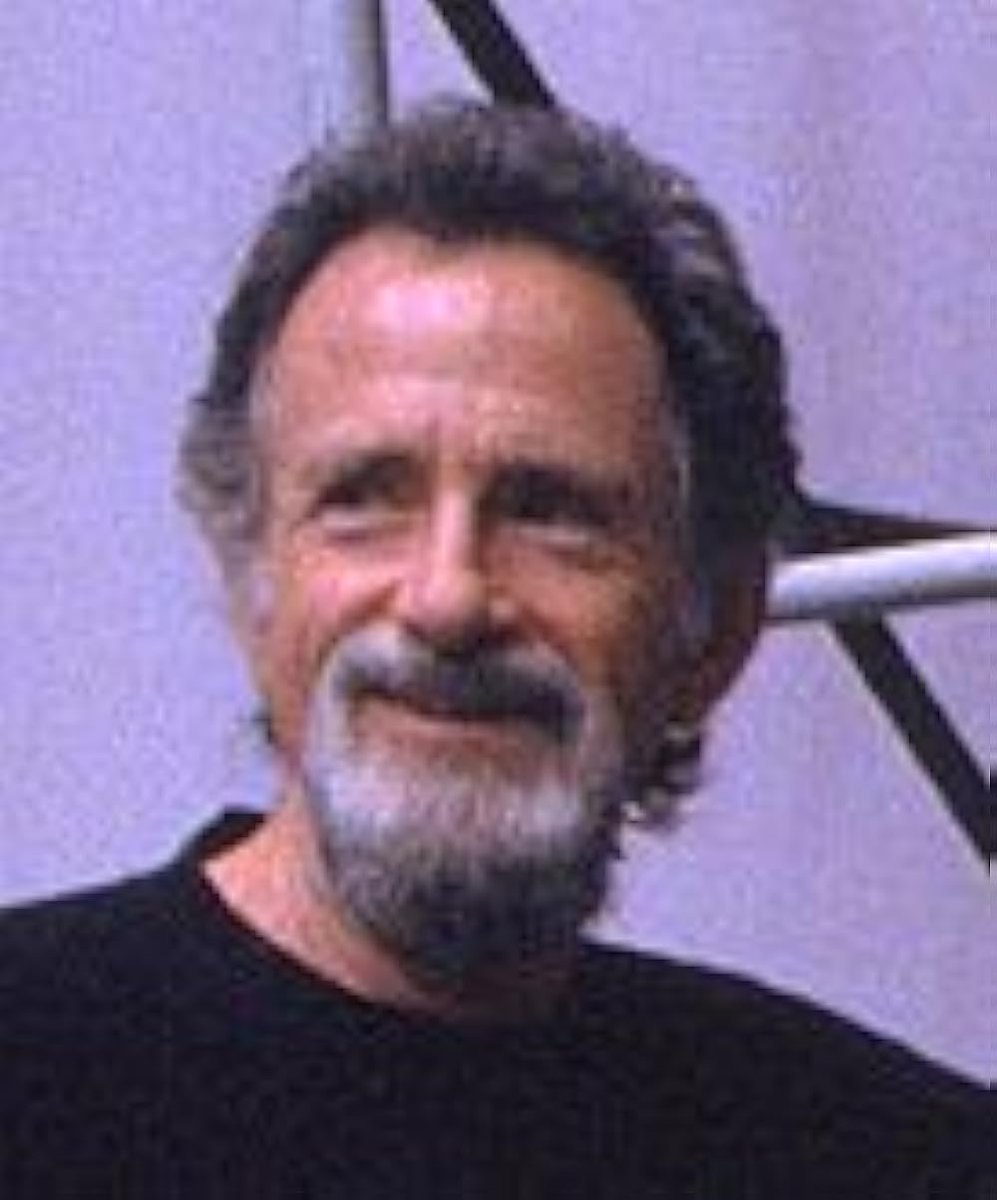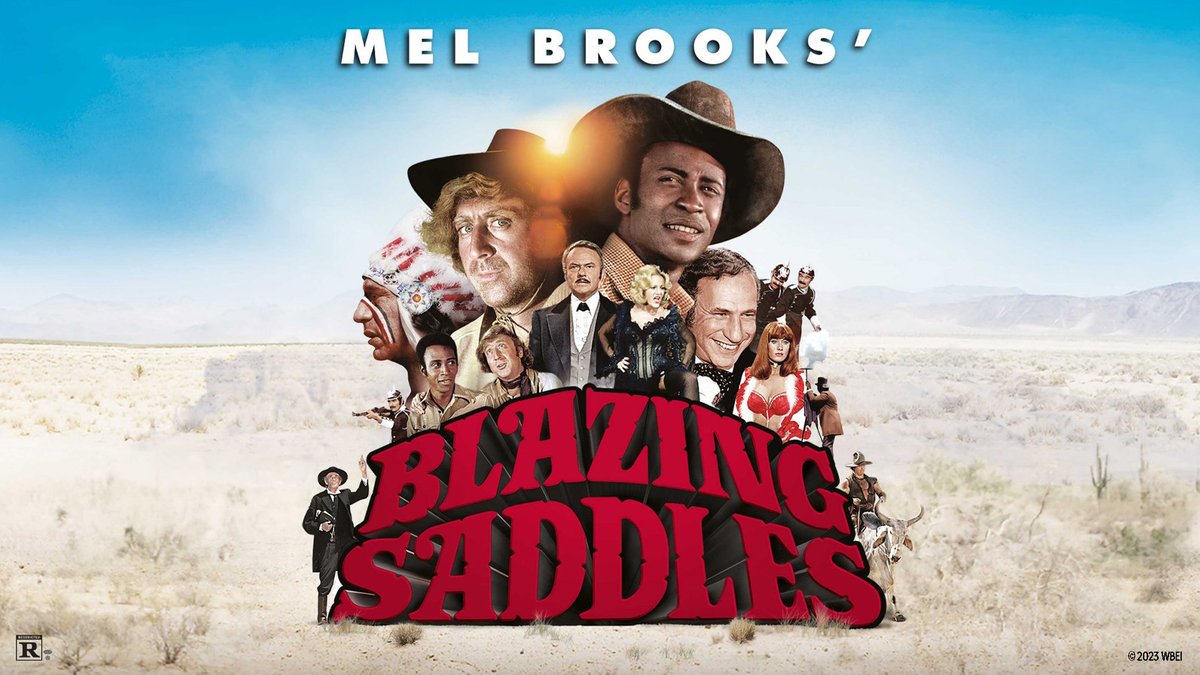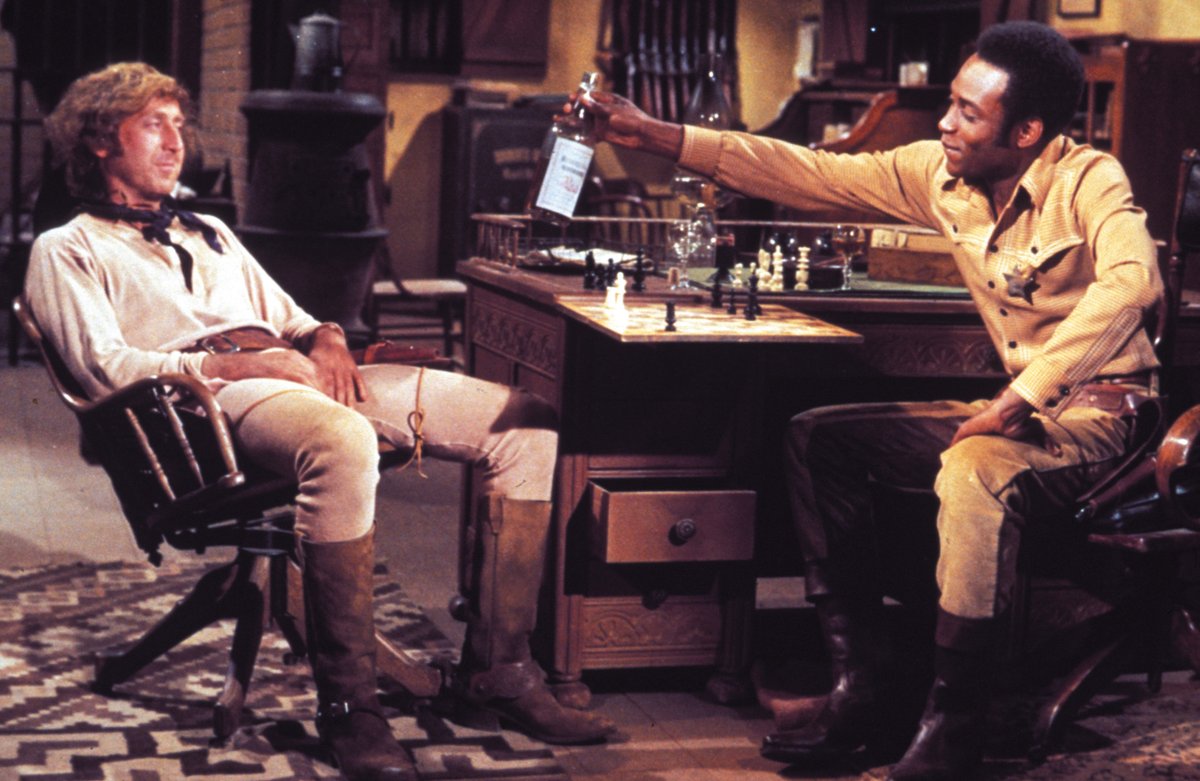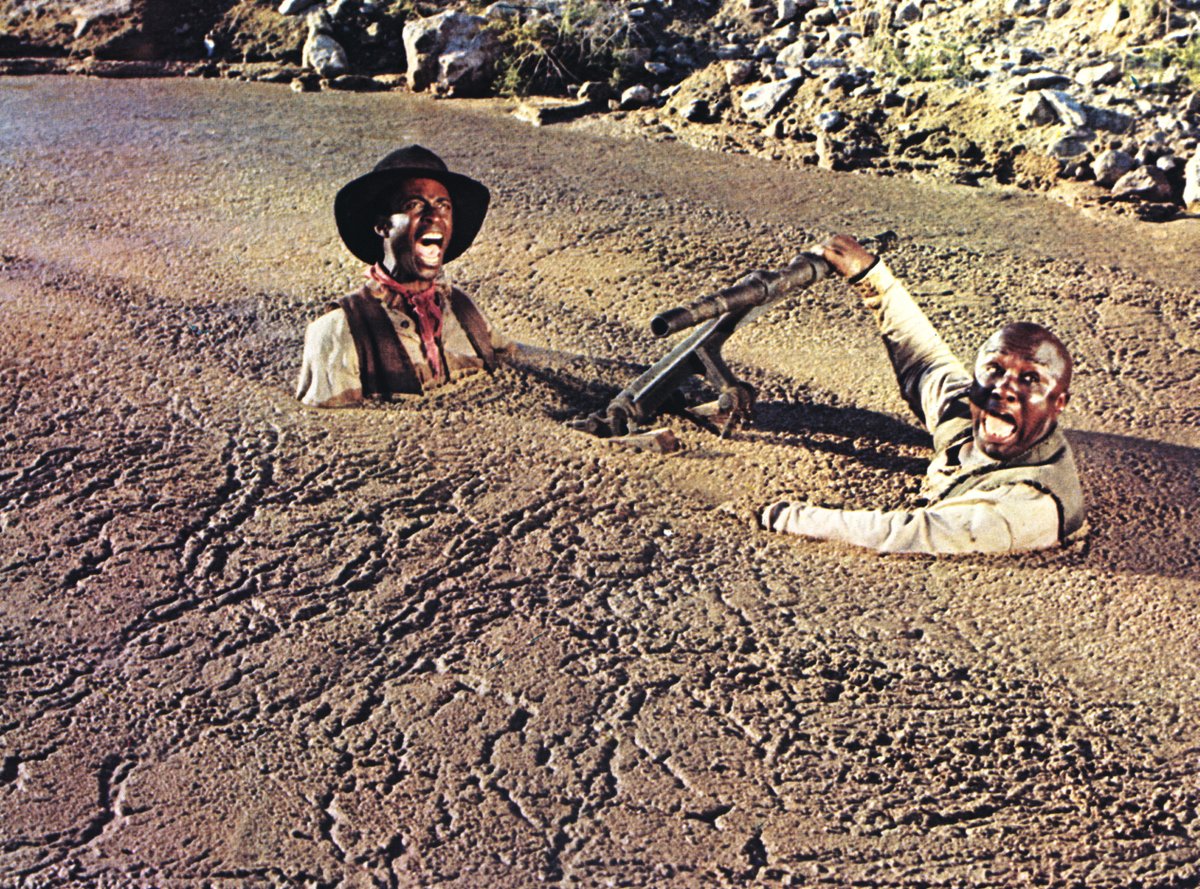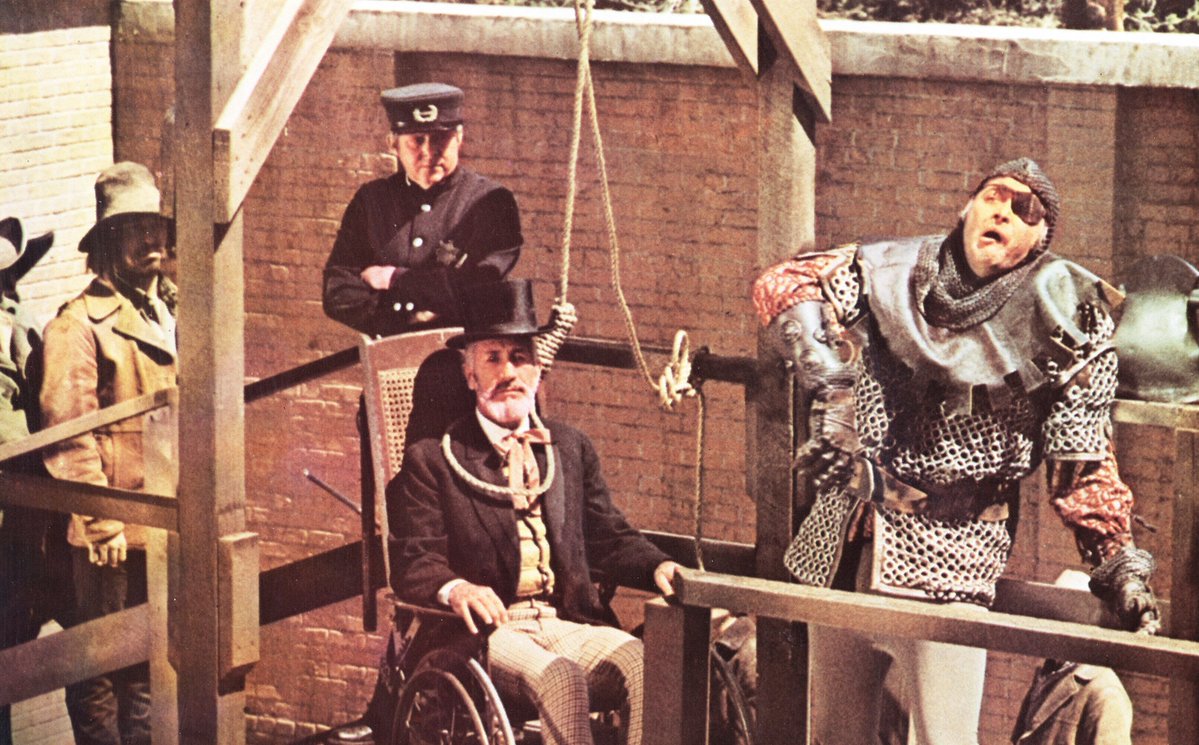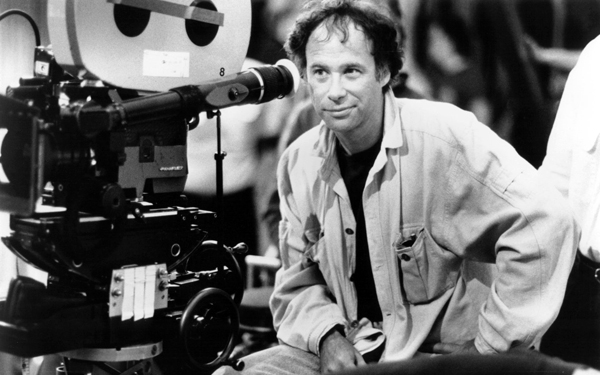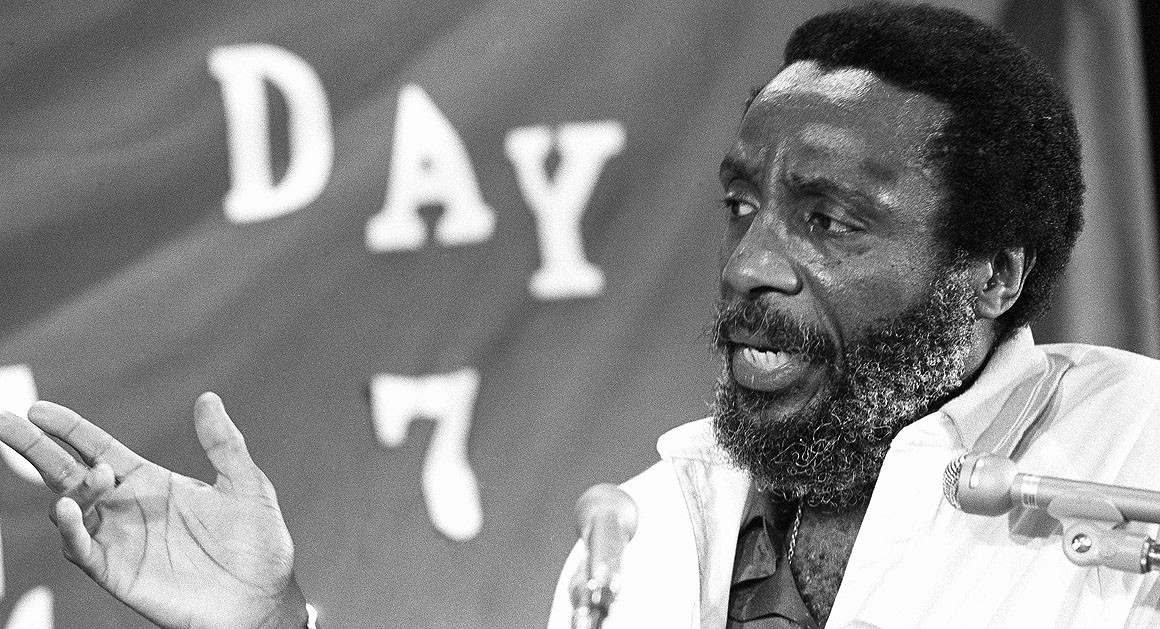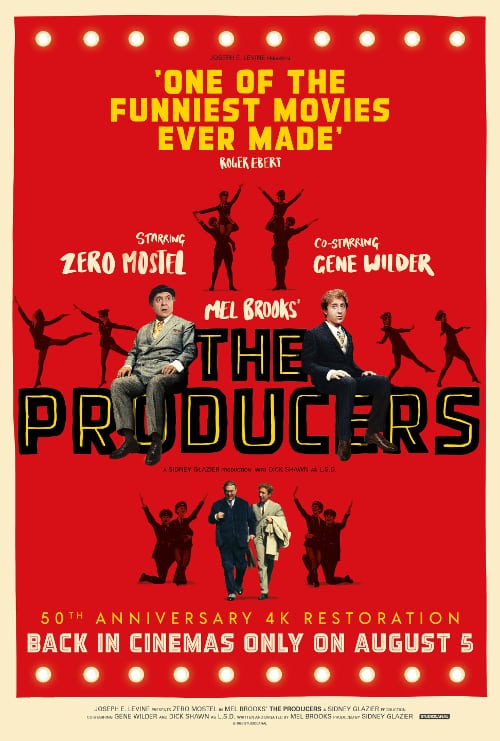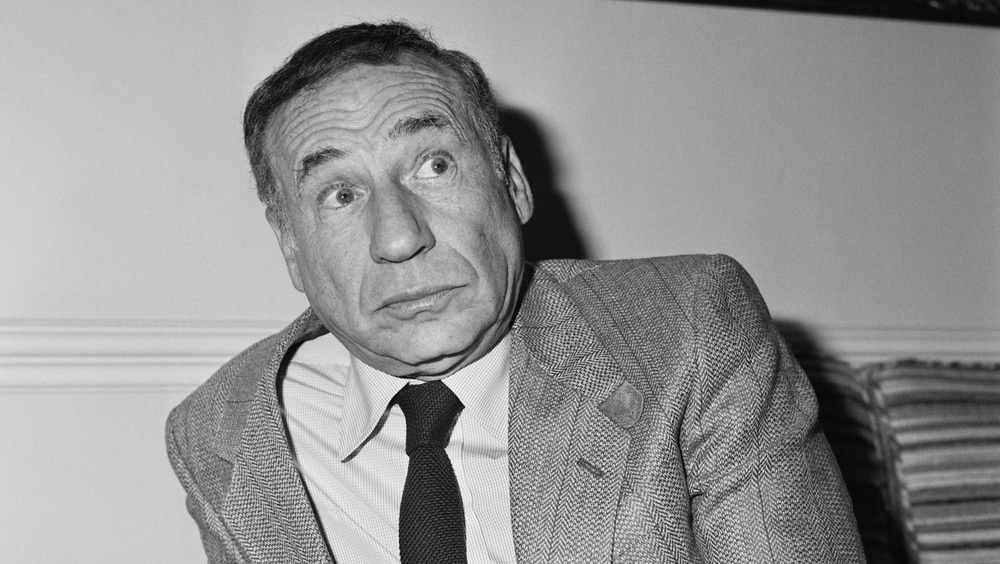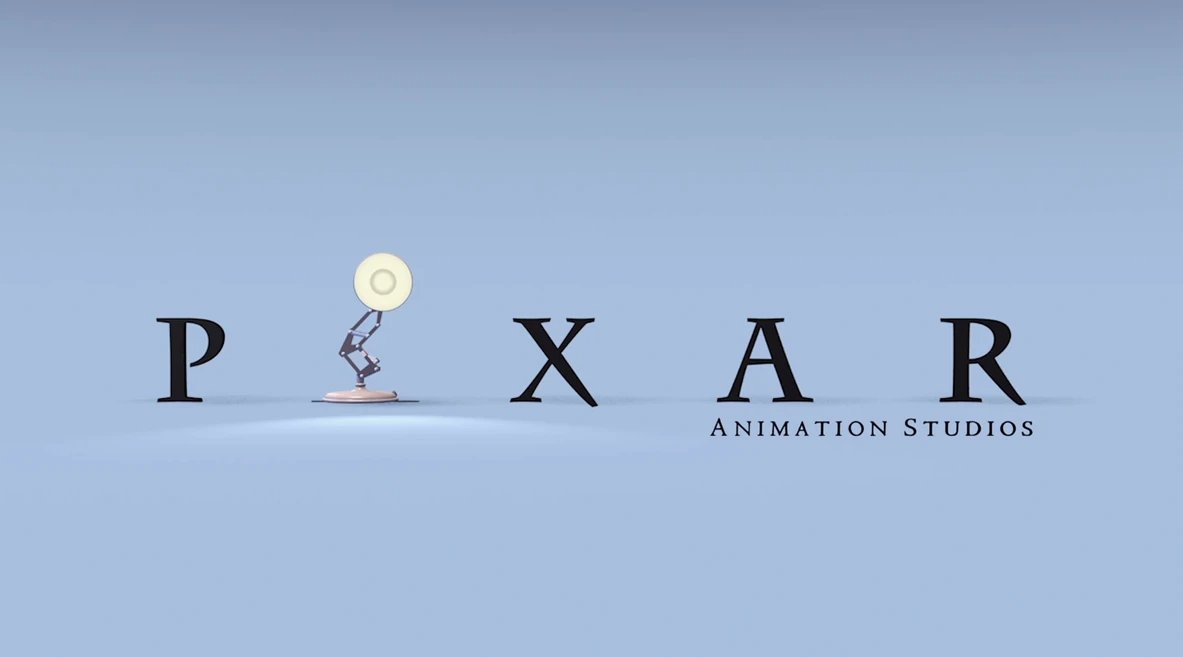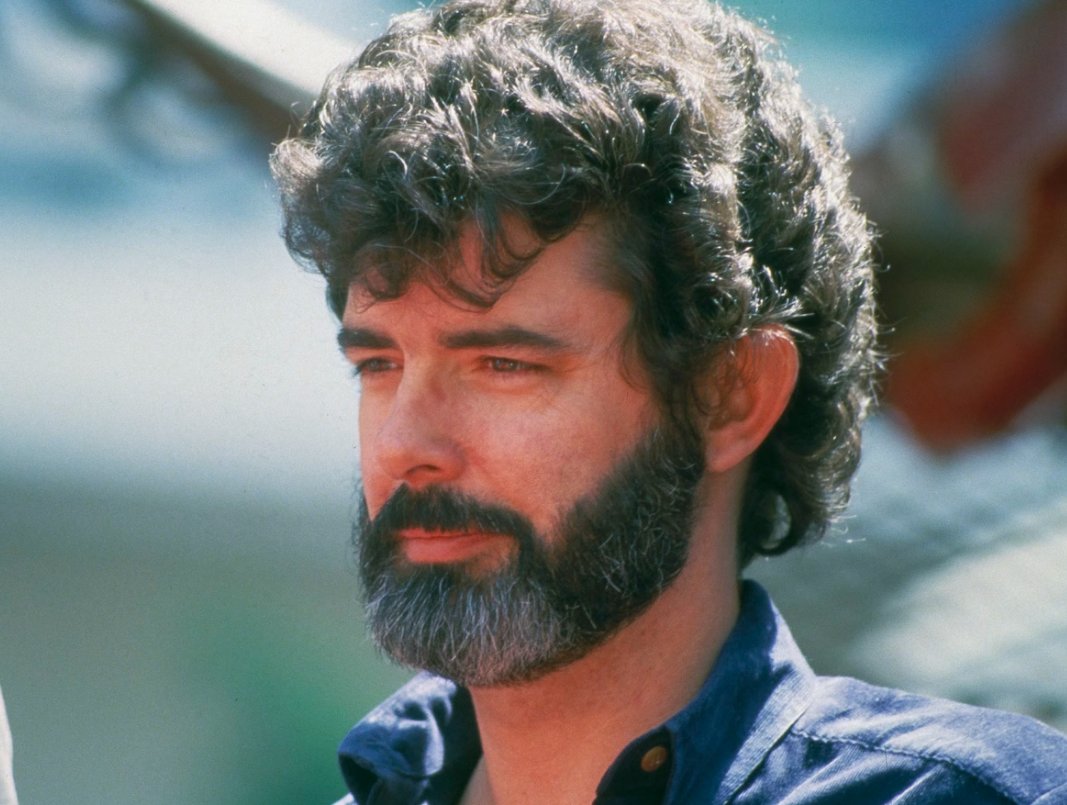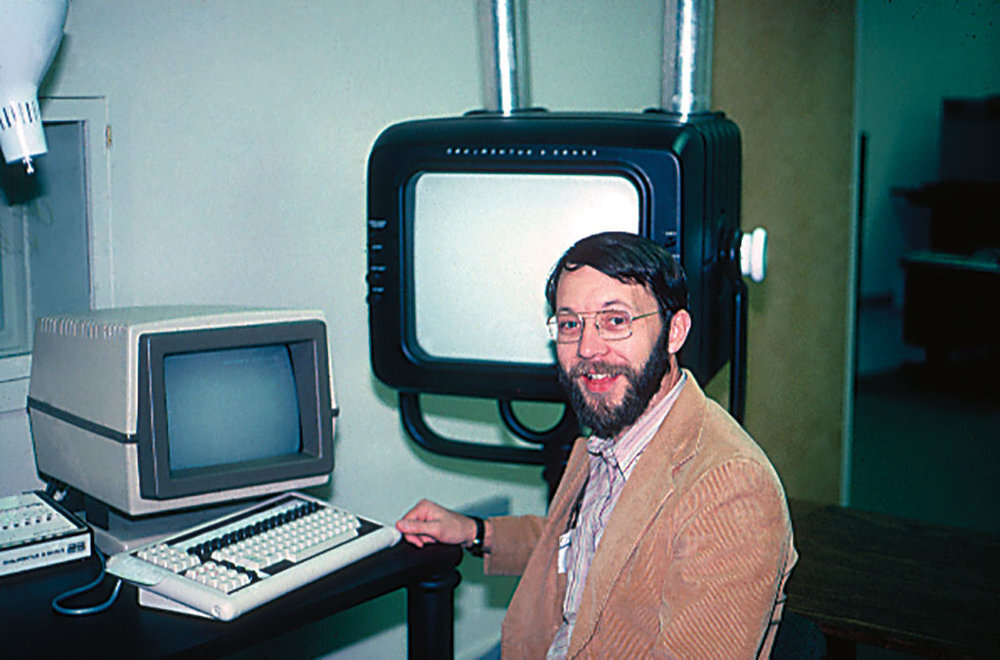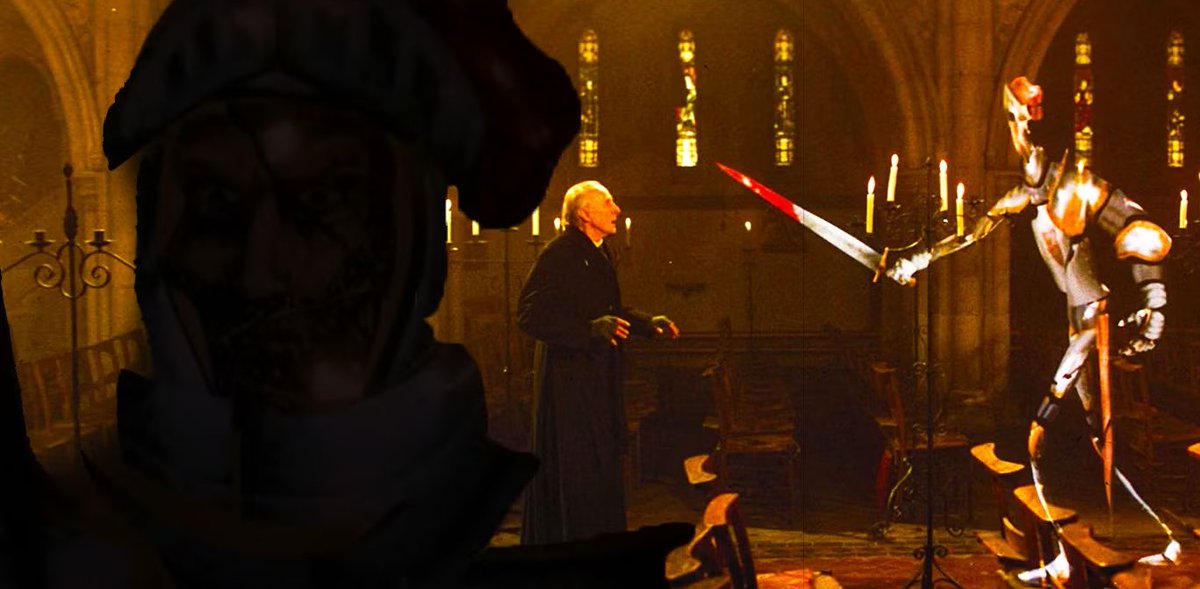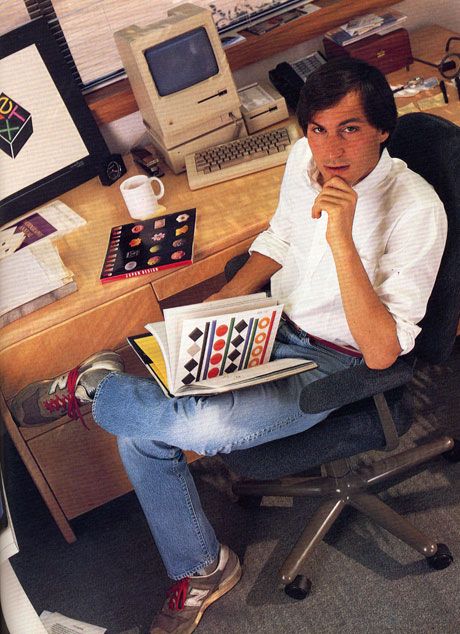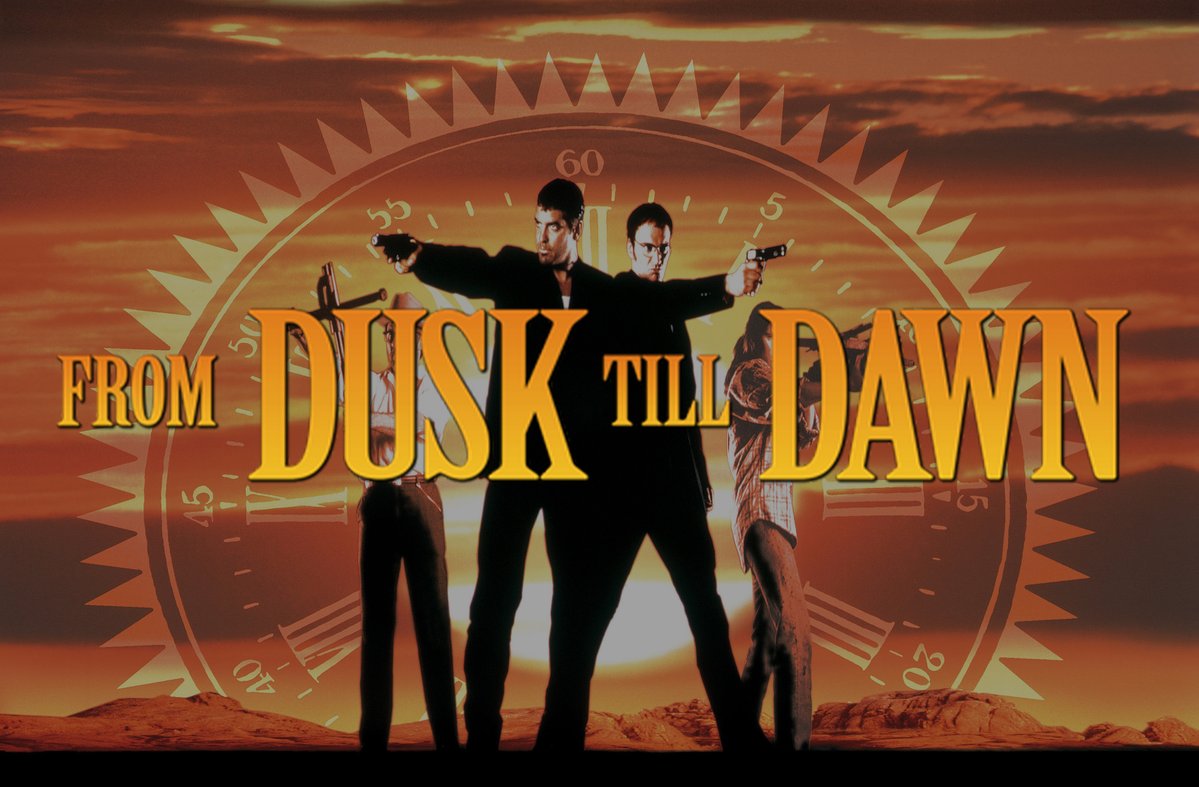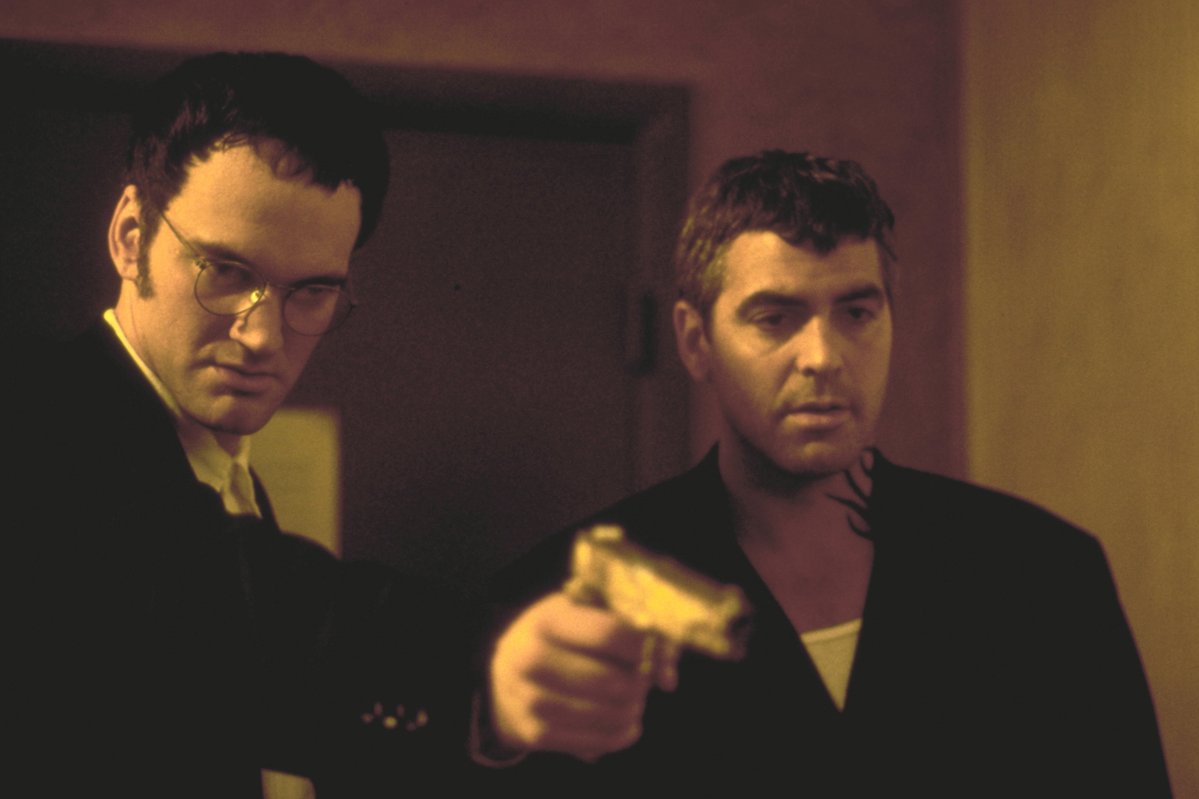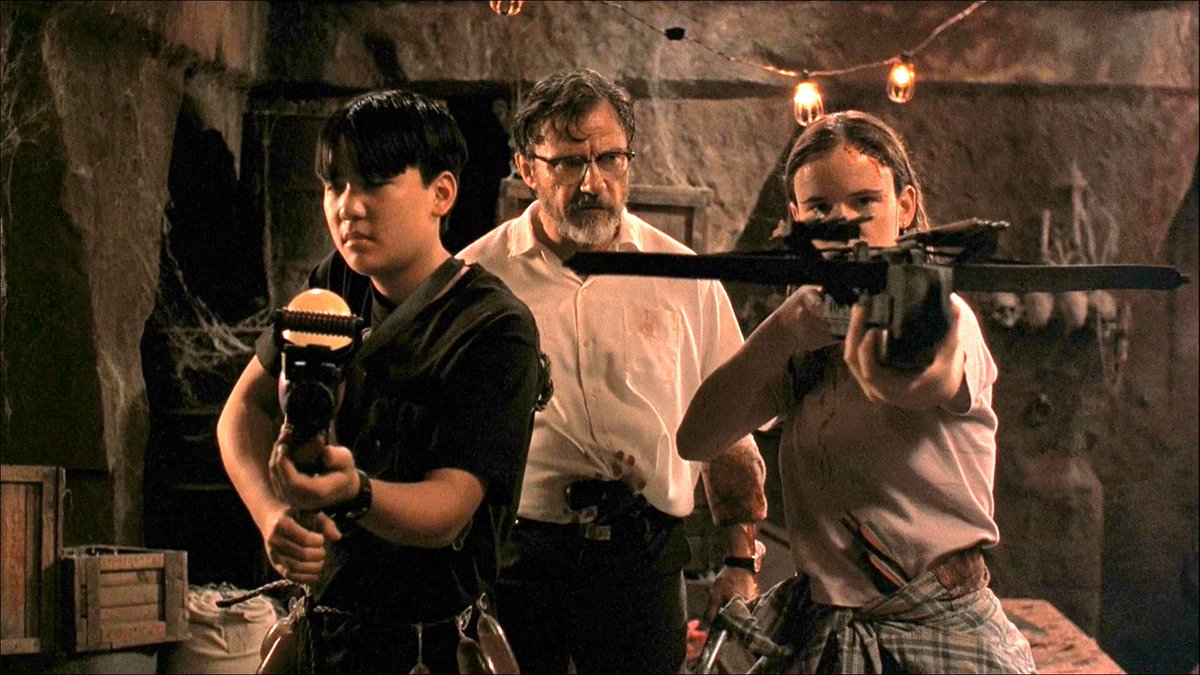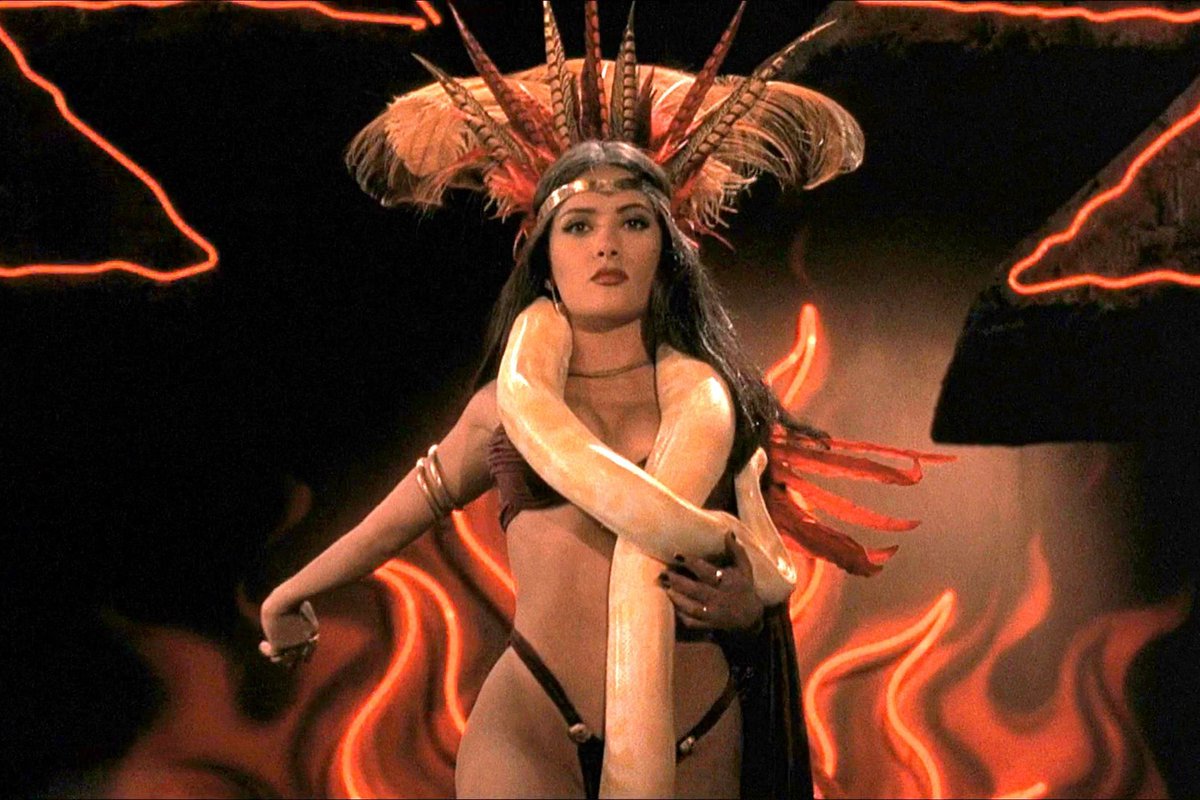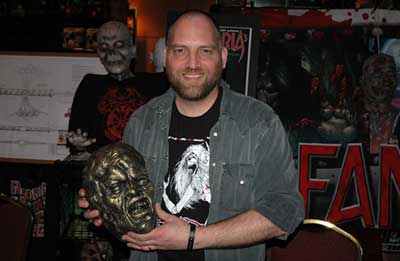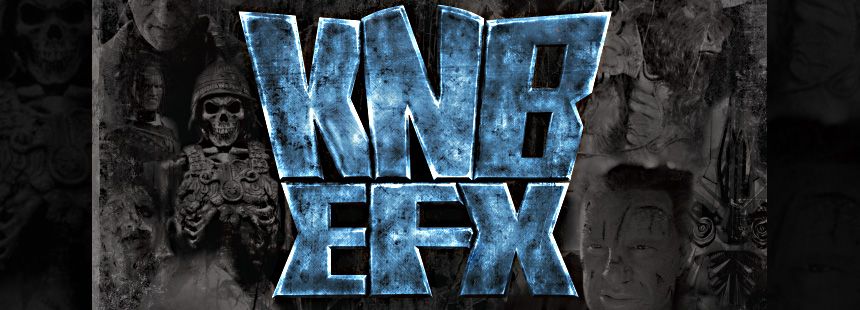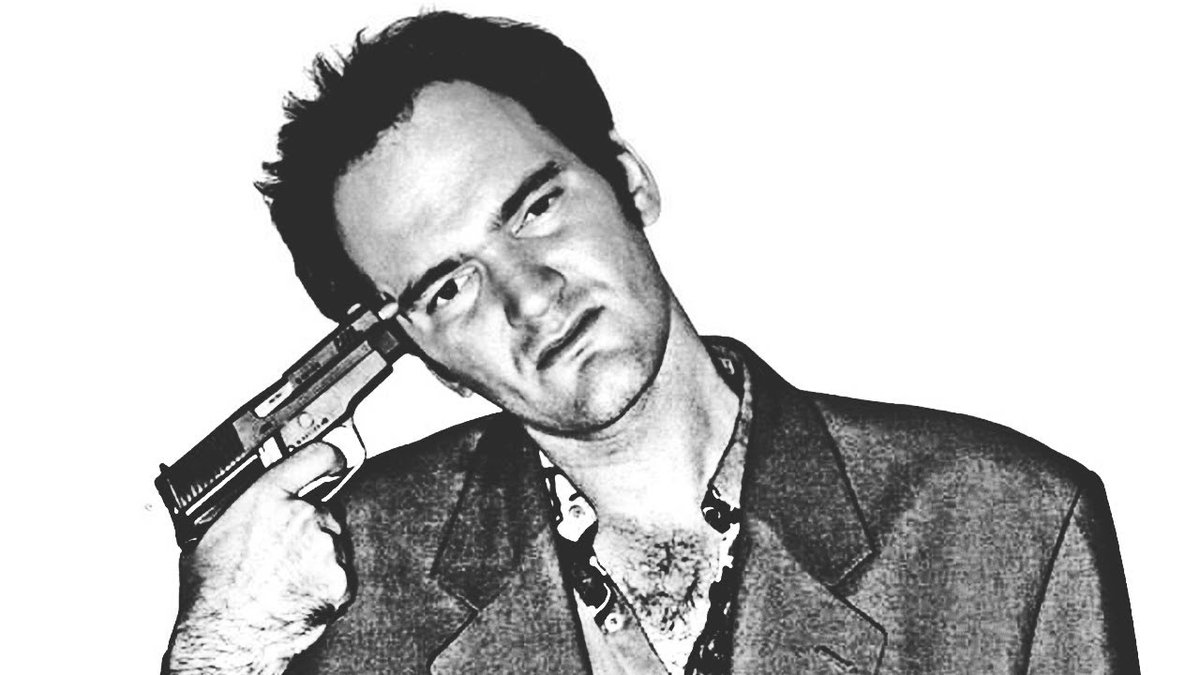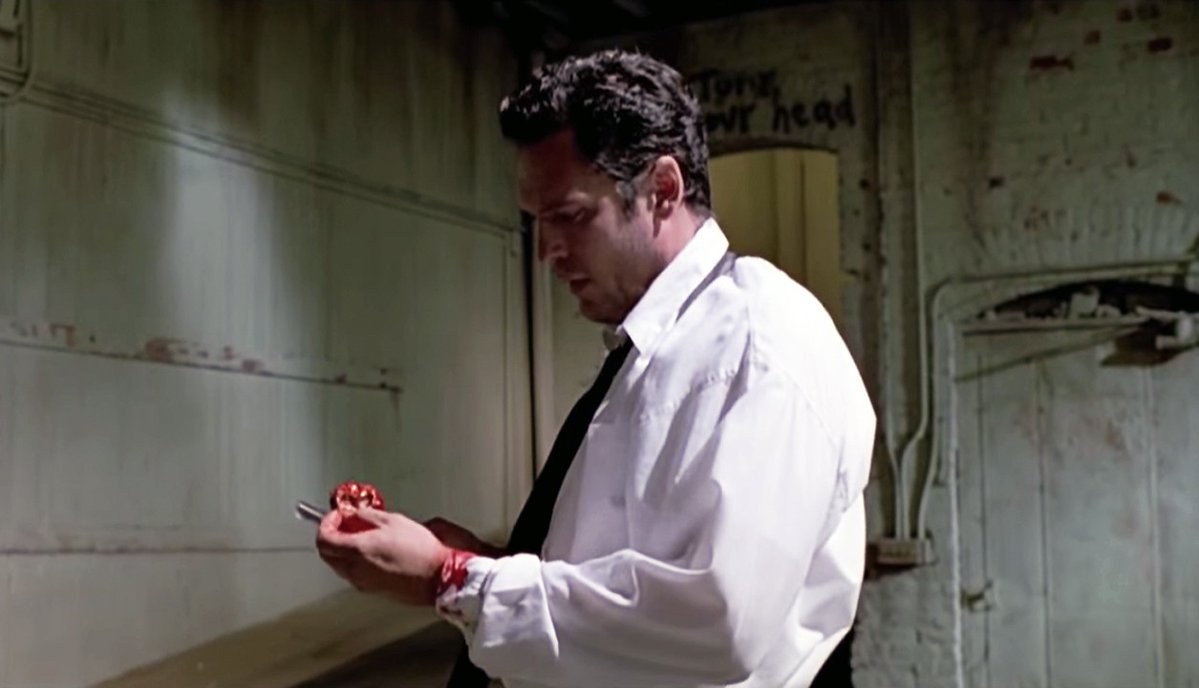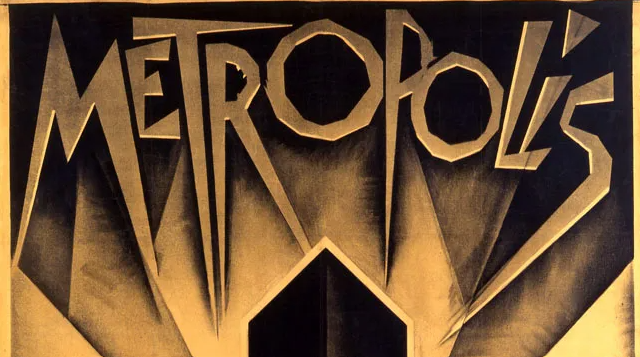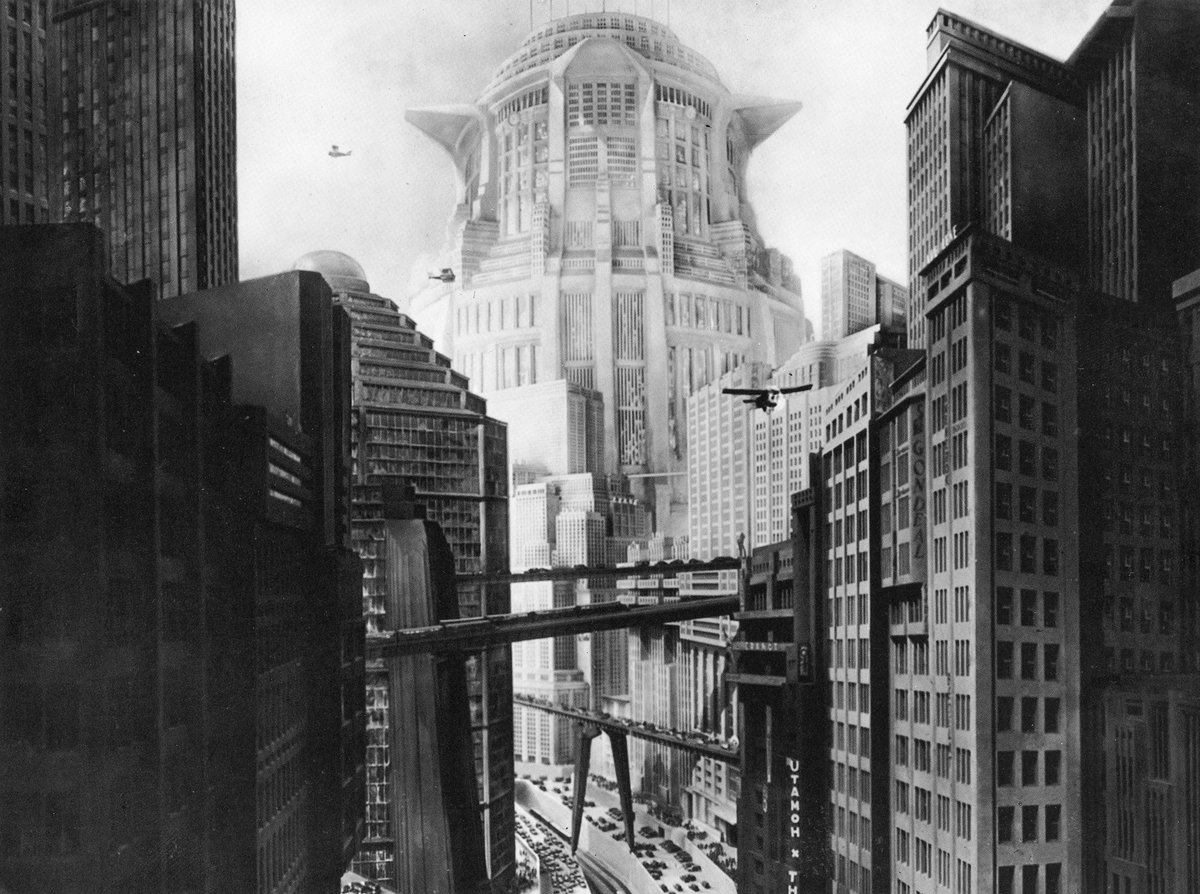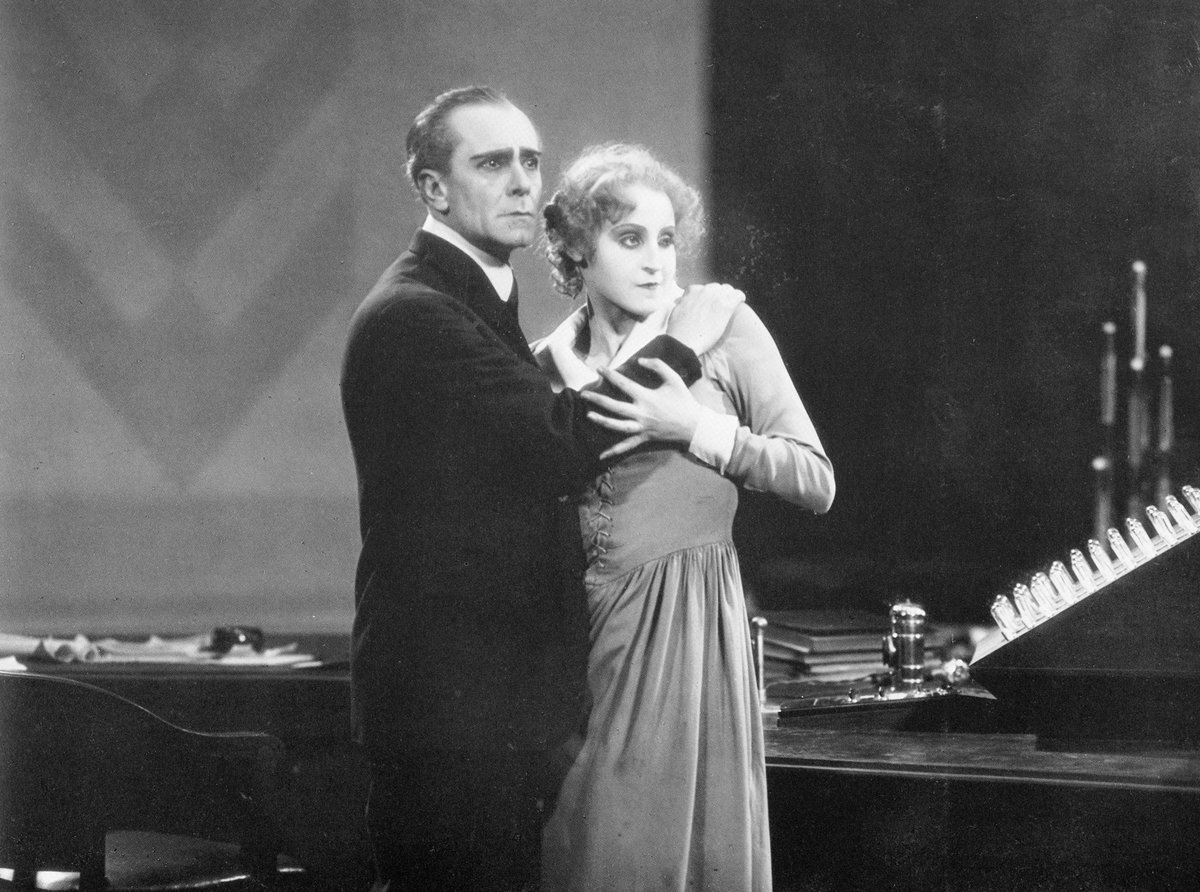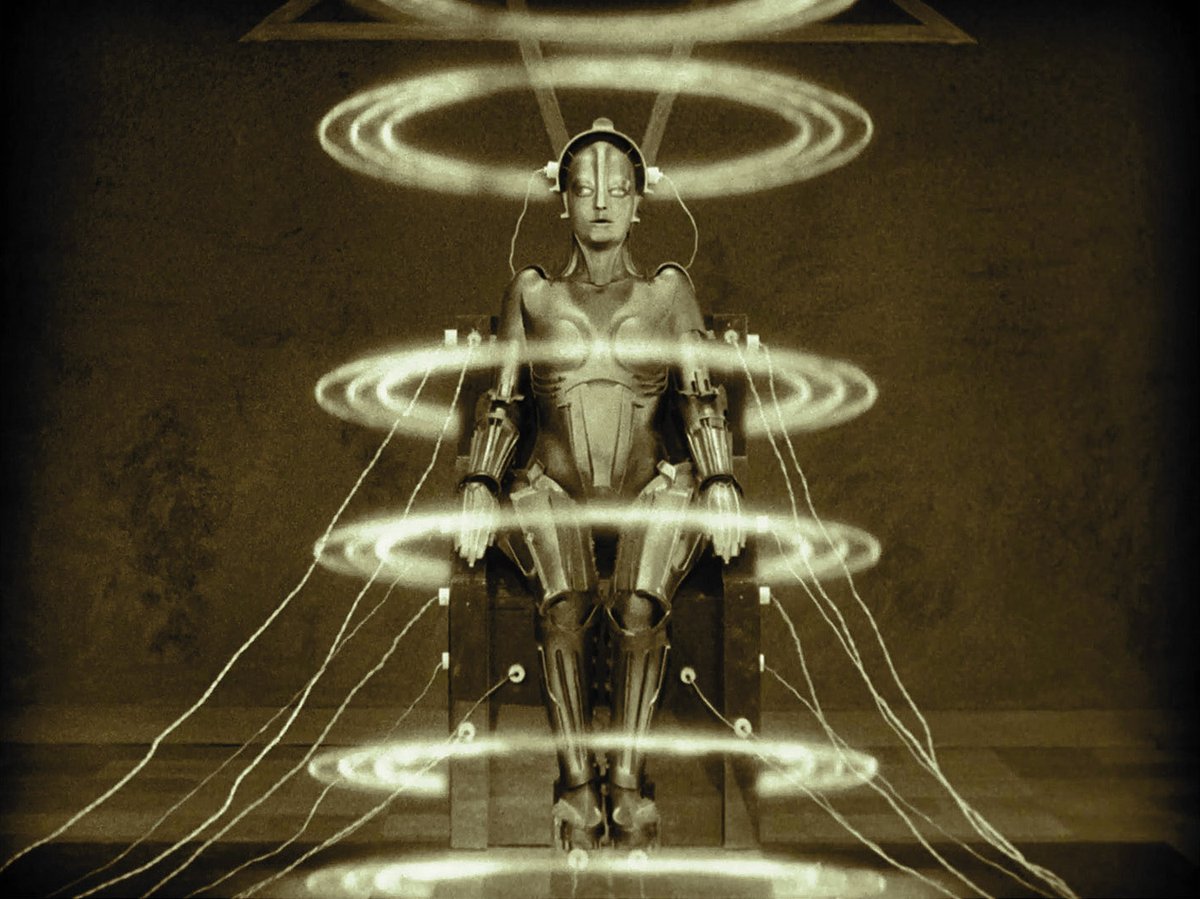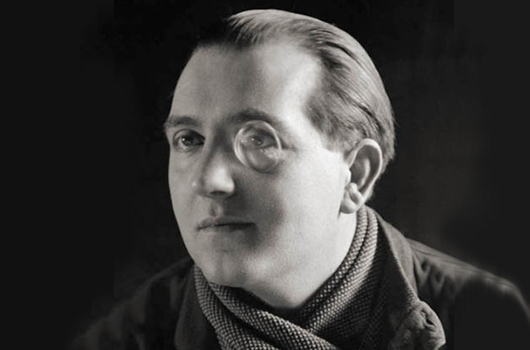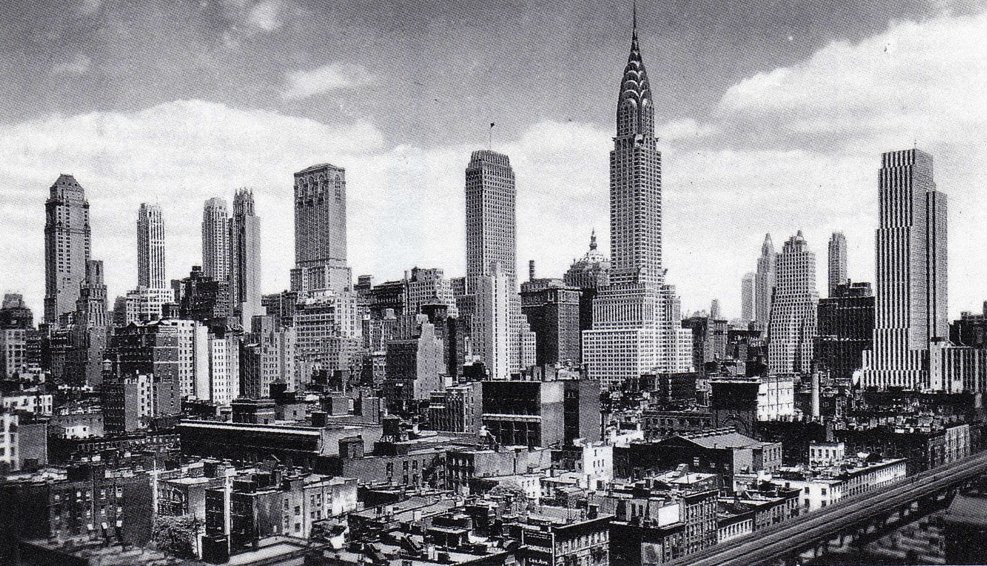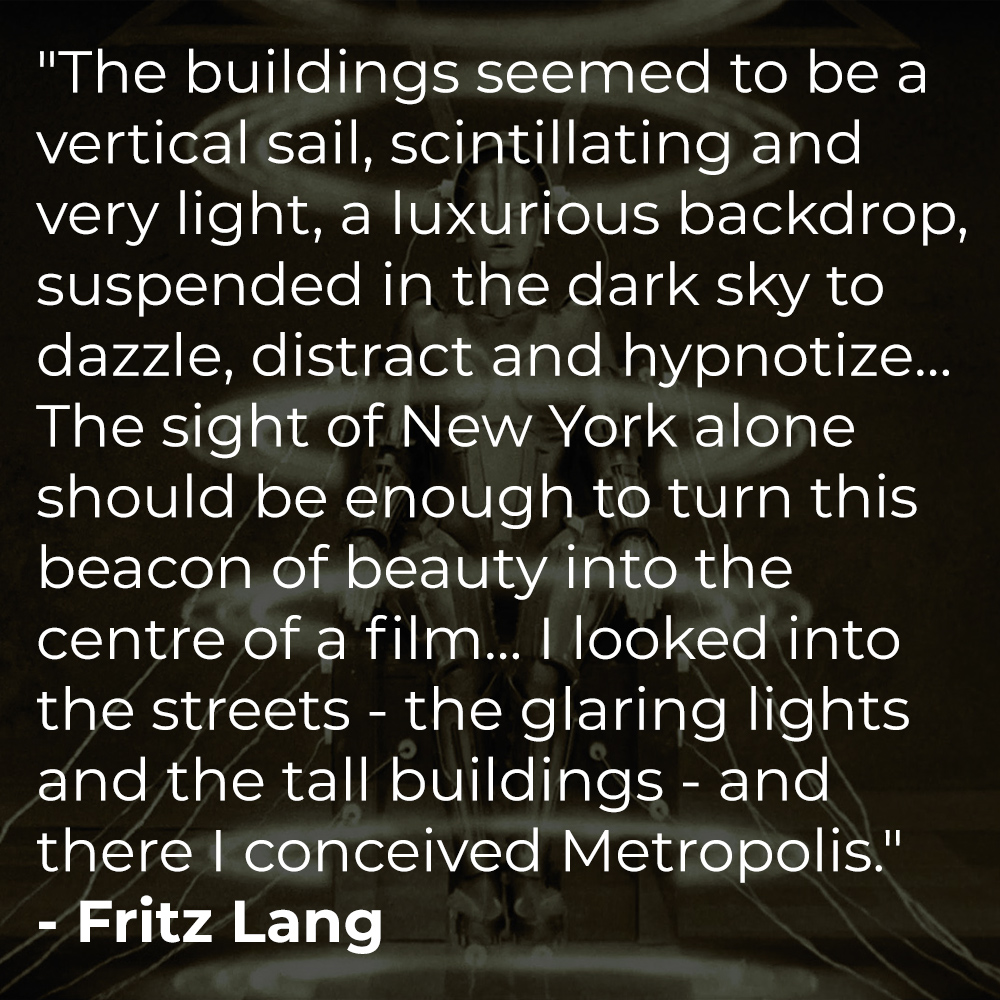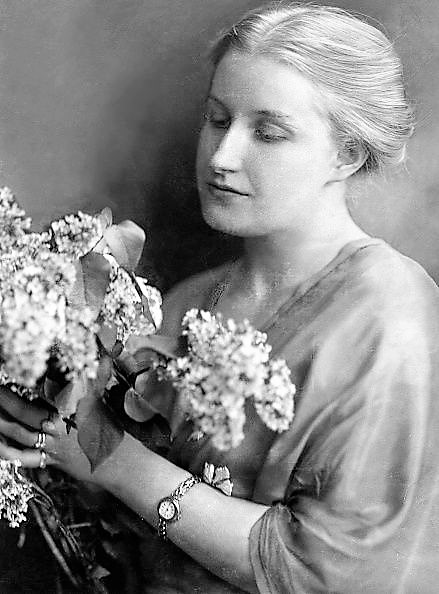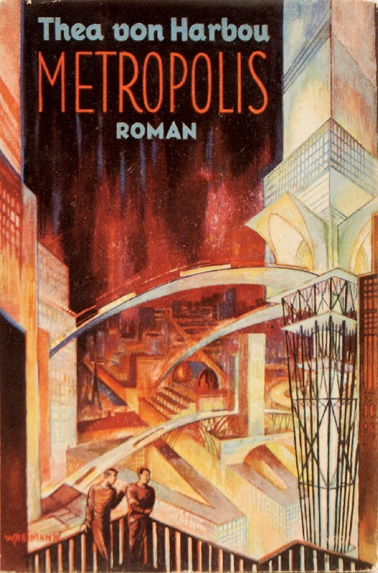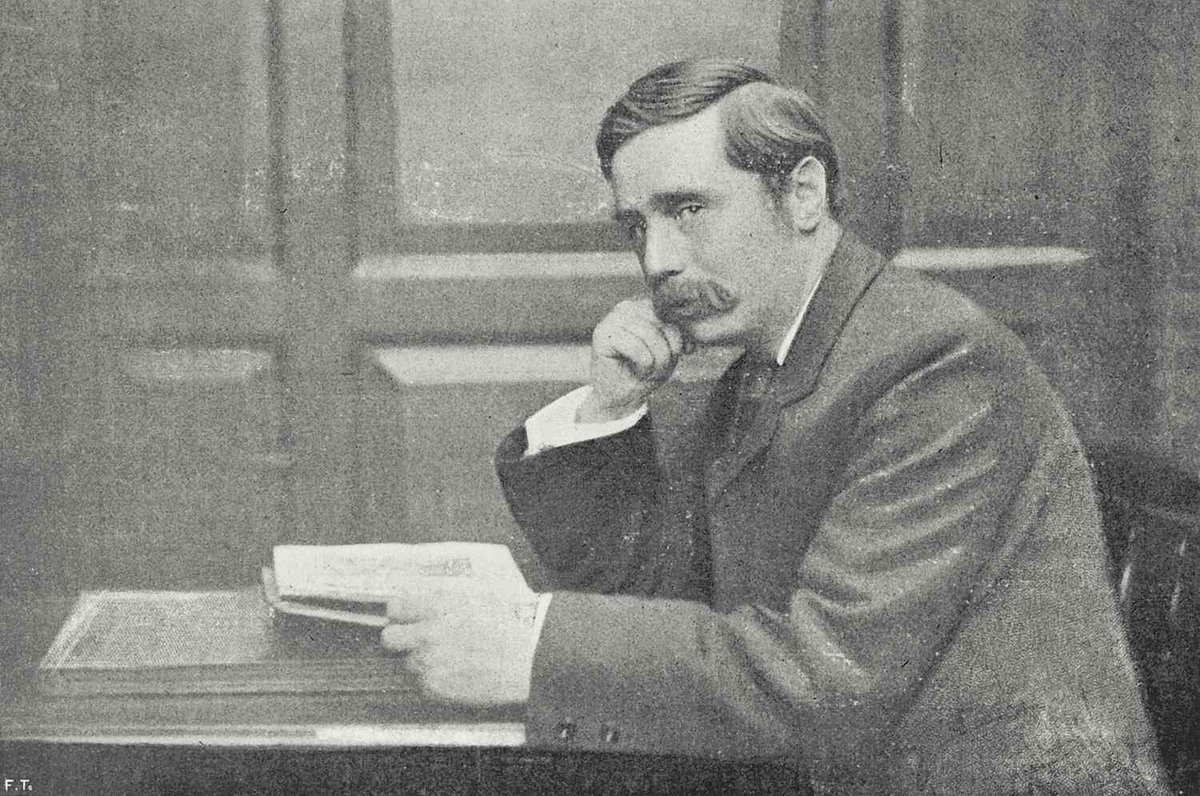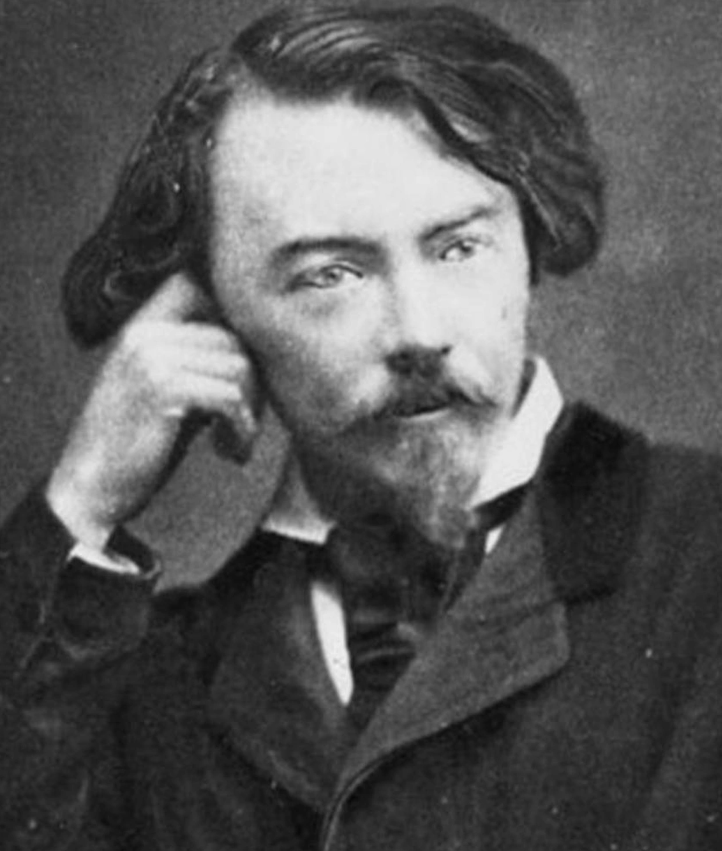THE MATRIX was released 25 years ago today. Acclaimed as both one of the great science fiction movies and a groundbreaking action film, the behind-the-scenes story will have you questioning reality…
1/44




1/44



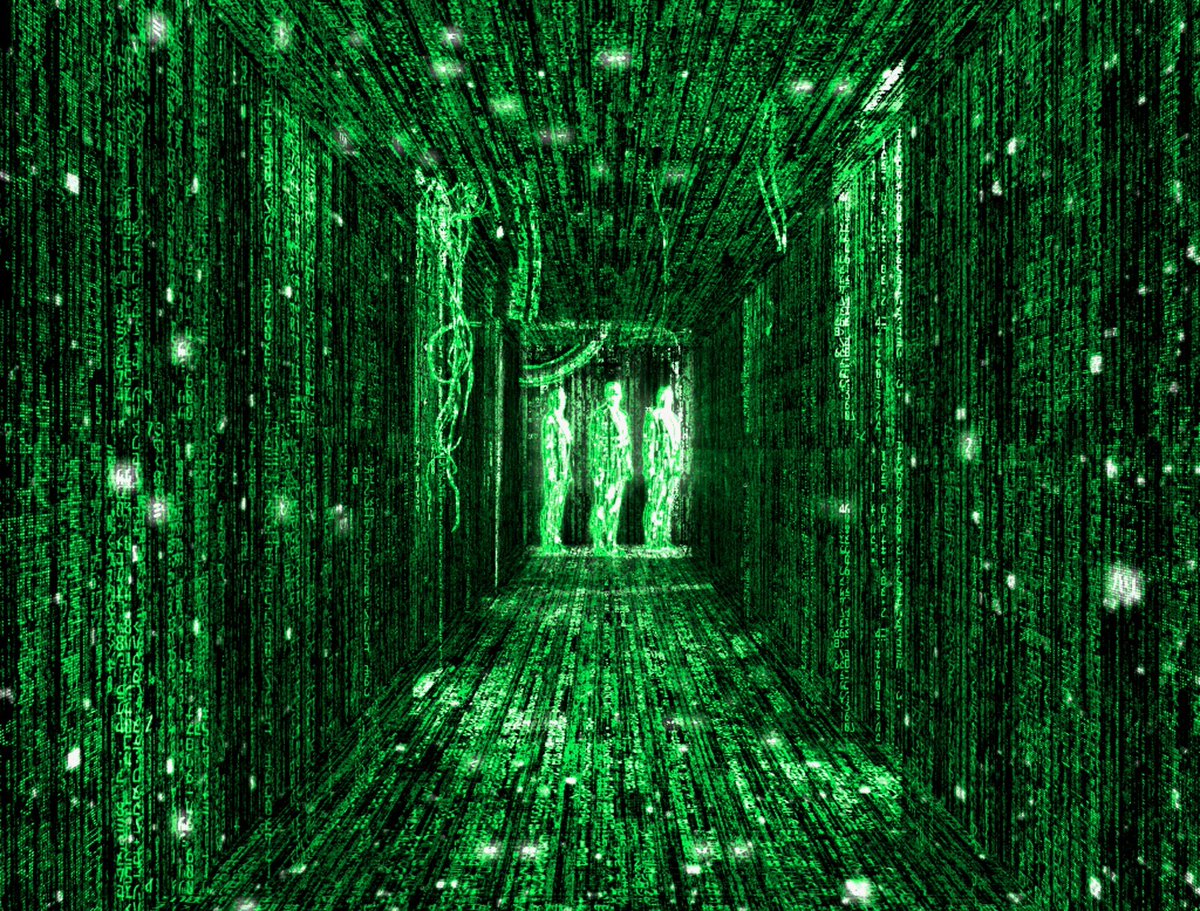
In 1995, Lana and Lily Wachowski had written Assassins. The producer of that film was Joel Silver, and the Wachowskis showed him their new screenplay called The Matrix. Silver loved the script, but not the Wachowskis’ insistence that they direct it themselves.
2/44


2/44


The Wachowskis had another script, called Bound, which they managed to get financed. The film wasn’t a commercial success but was critically acclaimed. Warner Bros were impressed too, and agreed to fund The Matrix.
3/44


3/44


The Wachowskis told WB they needed $180m to make the film, but the studio wouldn’t go over $60m. As such, the location was changed from US to Australia. Cityscape shots are of Sydney, with street names taken from Chicago, where the Wachowskis grew up.
4/44


4/44


In casting the lead of Thomas Anderson/Neo, the studio wanted a big name. Nicolas Cage, Leonardo DiCaprio, and Brad Pitt all said ‘no’. Lou Diamond Phillips was sent the script and turned it down when his agent said, “it’s a guaranteed flop”.
5/44




5/44




Most famously, the Wachowskis offered the part of Neo to Will Smith. They met, but Smith wasn’t too impressed and decided to do Willd Wild west instead. He’s since said of his decision “I’m not proud of it.”
6/44


6/44


With so many rejections, the studio went to Sandra Bullock and said “we’ll change Neo to a girl if you’ll do it.” She also said no.
Johnny Depp was in contention, but the studio pushed for Keanu Reeves and the Wachowskis agreed.
7/44



Johnny Depp was in contention, but the studio pushed for Keanu Reeves and the Wachowskis agreed.
7/44

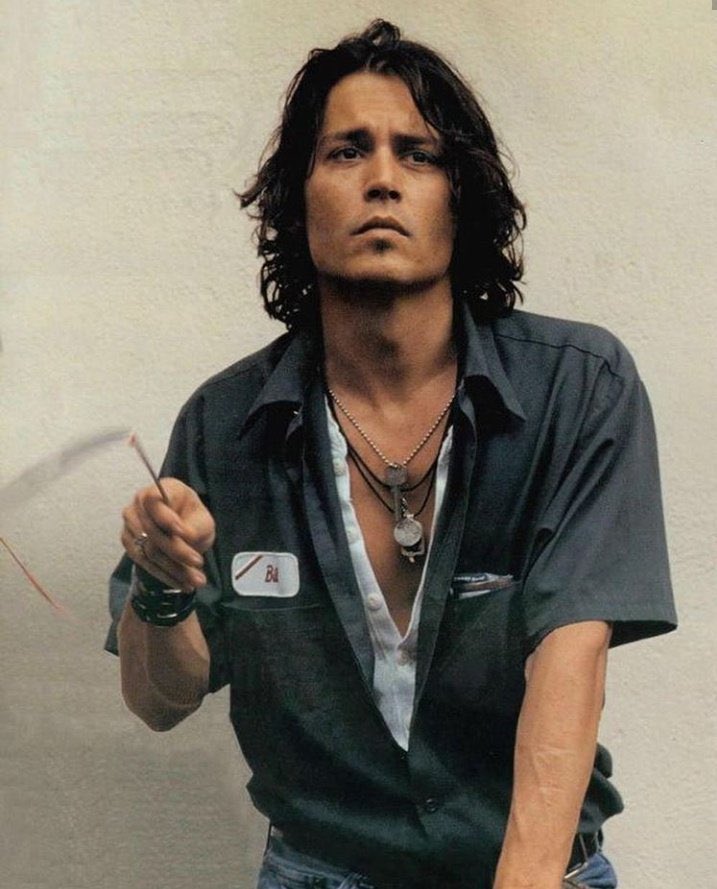

Just before filming, Reeves had back surgery because a fusion of his spine started to cause paralysis in his legs. He found kicking difficult so that’s why in most of Neo’s fights he punches but doesn’t kick much, and he trained in a neck brace.
8/44


8/44

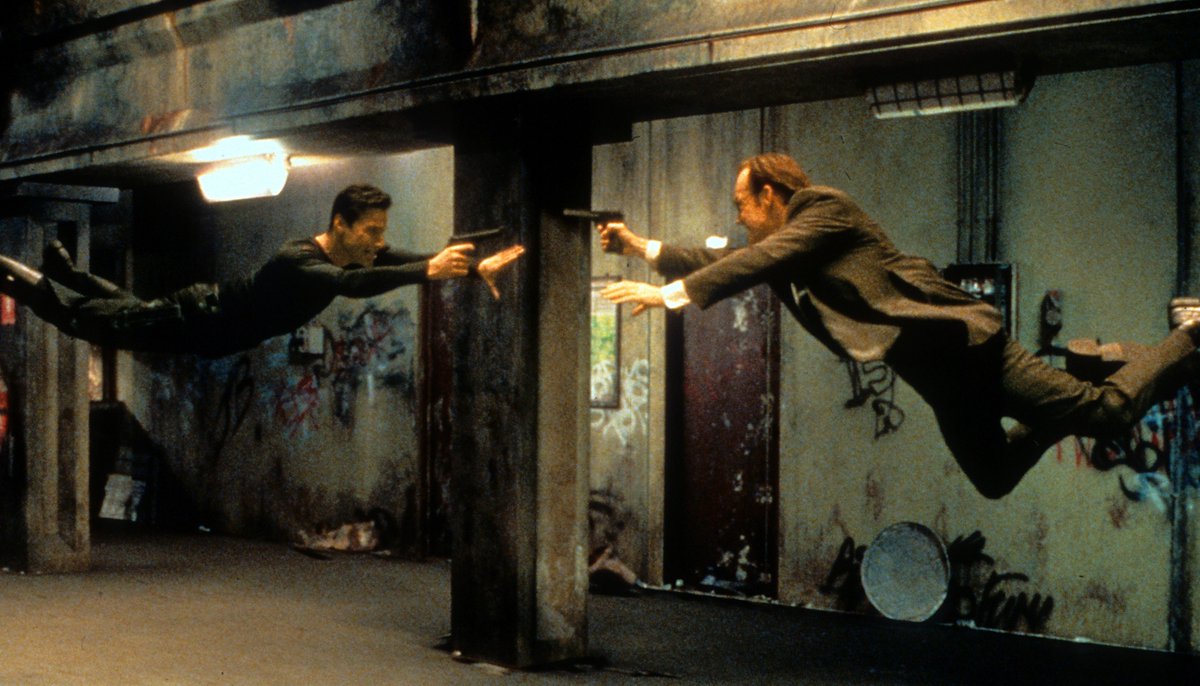
For starring as Neo, Reeves made a reported $35m. He donated 70% of this to leukaemia research (his sister had the illness). By the end of The Matrix Trilogy, he’d given away $75m.
9/44




9/44




There were lots of actresses up for the part of Trinity. Janet Jackson, Salma Hayek, and Angelina Jolie turned the role down. Jada Pinkett Smith auditioned for the part, and screen-tested with Keanu Reeves, and was later cast as Niobe in The Matrix Reloaded.
10/44




10/44




Carrie-Anne Moss won the part after a 3-hour physical audition. She wanted to perform as many of the stunts as she could but twisted her ankle. She was worried the Wachowskis would recast her so didn’t tell anyone she was hurt until after filming.
11/44




11/44

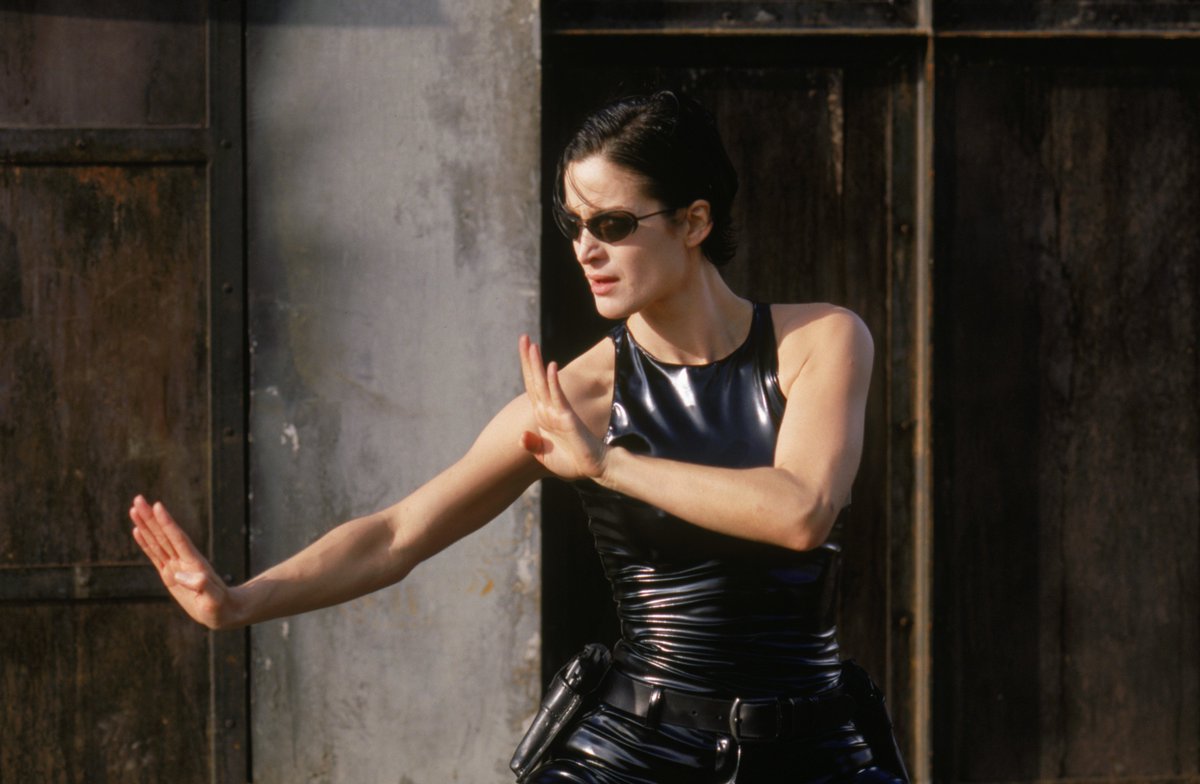
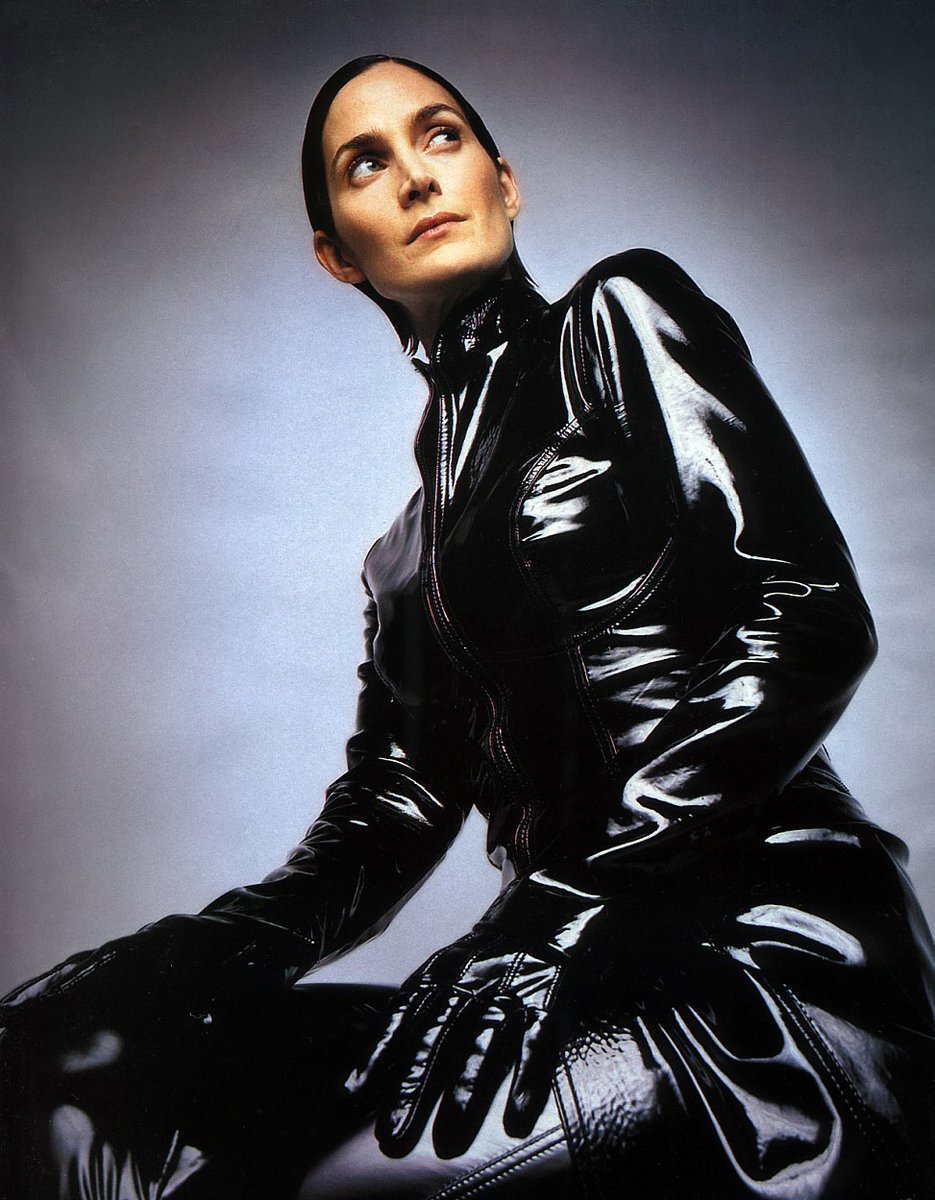

Neo’s mentor figure is Morpheus. Russell Crowe, Chow Yun Fat and Sean Connery turned the role down. Crowe said he didn’t get past page 42 of the script and Connery said he didn’t understand it. Laurence Fishburne had no such problems and was cast.
12/44




12/44




The Wachowskis named Morpheus after a character in The Sandman comic books, by Neil Gaiman. And they asked Fishburne to base his performance on that character. In terms of looks, he’s very much like King Mob – the mentor-figure in comic book, The Invisibles.
13/44



13/44



To play antagonist Agent Smith, the Wachowskis were keen on Jean Reno, but he turned them down to appear in Godzilla. Luckily, they had just seen Hugo Weaving in Australian romantic-comedy-drama Proof and thought he was a perfect fit for Smith.
14/44


14/44


On the first day of filming, Weaving injured his leg, and it turned out to be a polyp that had to be surgically removed. For a while, the Wachowskis thought they might have to recast the role but managed to move the schedule around to accommodate Weaving.
15/44


15/44


When he was developing the character of Agent Smith, Weaving didn’t want him to sound either human or robotic and he was influenced by the Wachowskis themselves, as, he said, they had deep voices.
16/44


16/44


To visualise their script, the Wachowskis hired three comic book illustrators: Steve Skroce, Geoff Darrow, and Tani Kunitake. Together, they created a 600-page comic book that essentially worked as a storyboard for The Matrix.
17/44




17/44

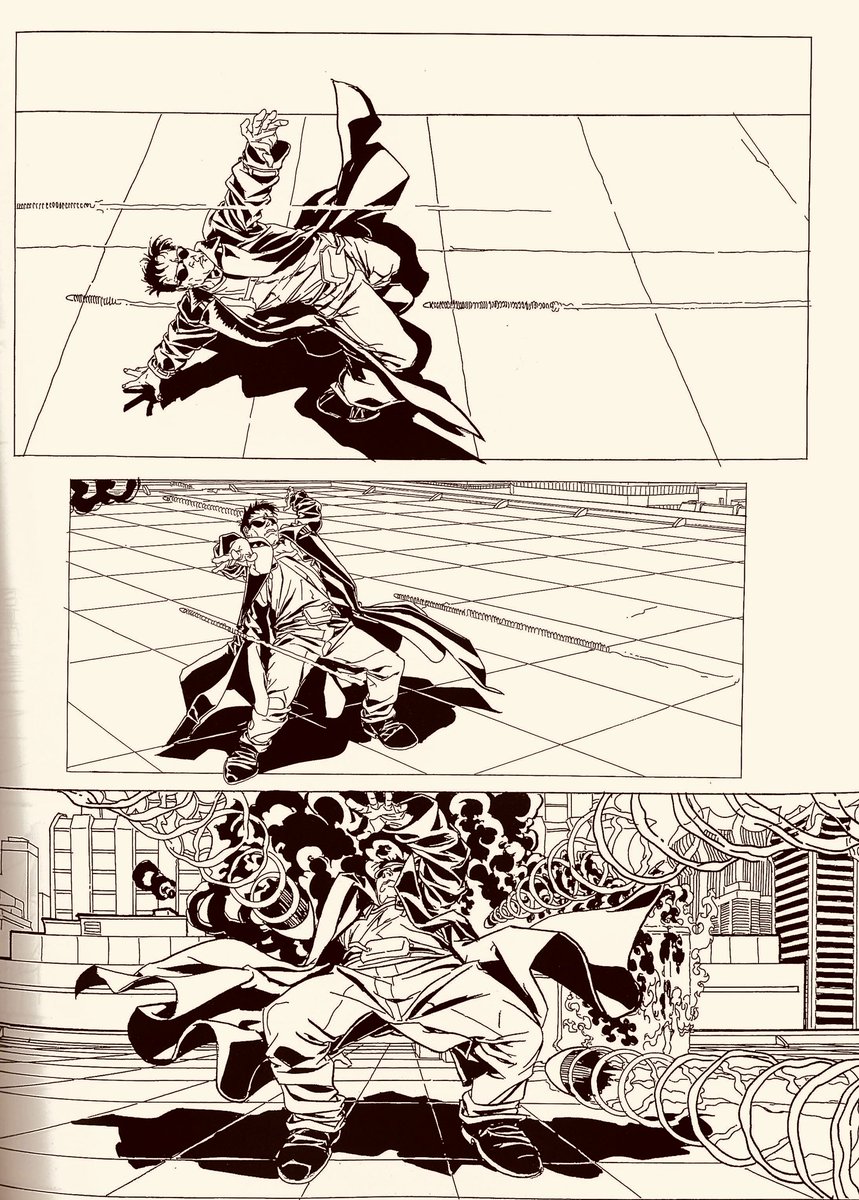
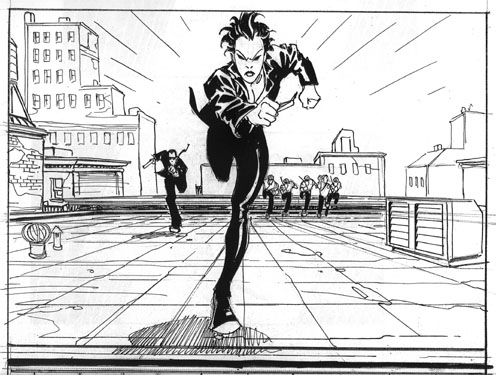

The Wachowskis had their influences: The Invisibles (Grant Morrison) is about a character referred to as The One whose destiny is to free humanity. And Neuromancer by William Gibson is about a computer hacker who enters a digital world called The Matrix.
18/44


18/44
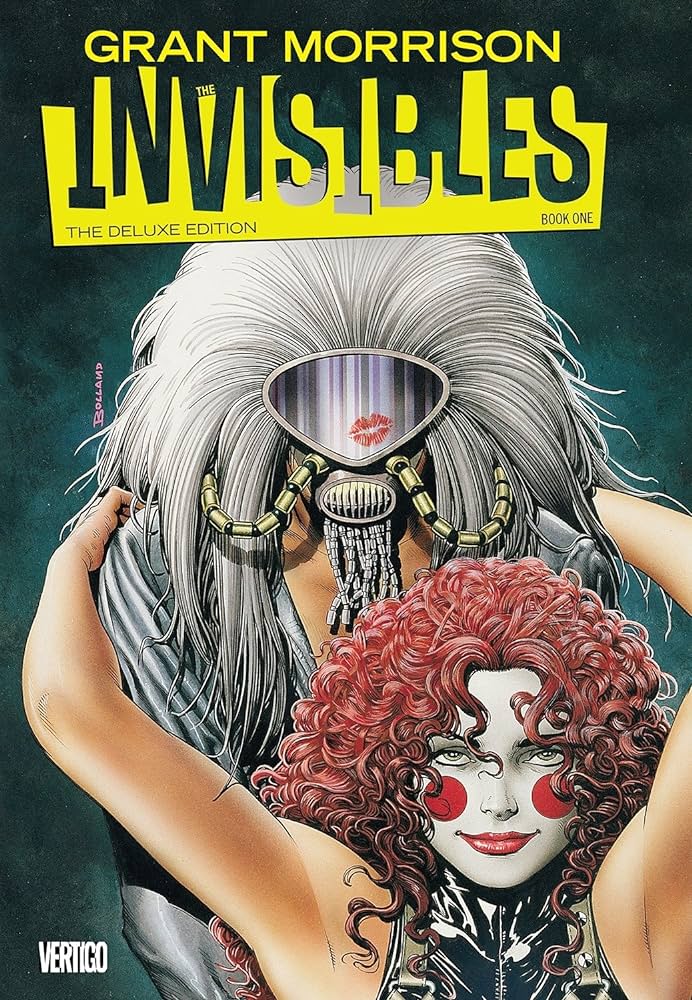

Maybe the biggest influence was Japanese animation Ghost In The Shell, where the world is connected by a digital network. The hero is woman with ‘superpowers’ who hunts a hacker. The Matrix takes shots directly from Ghost In The Shell.
19/44




19/44




There’s references to classic fiction too, mainly Lewis Carroll’s Alice In Wonderland: Neo follows a white rabbit tattoo to meet Trinity, and Morpheus refers to the matrix as a “rabbit hole” and “wonderland”.
20/44


20/44


A more diverse source was a book called Simulacra and Simulation, by French philosopher Jean Baudrillard. This book explores the concept of simulation and hyperreality, and the Wachowskis asked all of the cast to read it. It shows up in the film too.
21/44


21/44


However, Jean Baudrillard himself didn’t like The Matrix. He called it hypocritical and said the Wachowskis missed his point. Baudrillard said: “The Matrix is the kind of film about the matrix that the matrix would produce.”
22/44


22/44

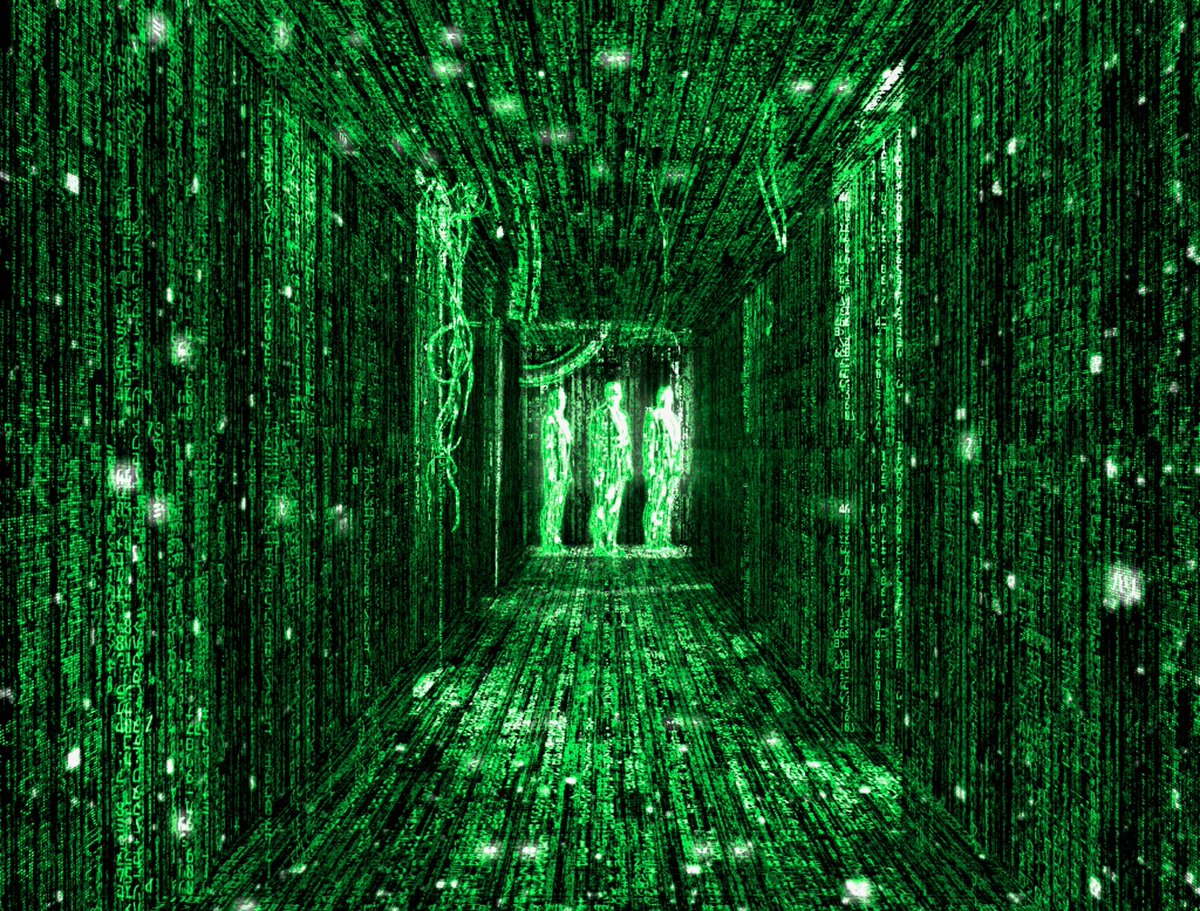
The Matrix also draws from Greek philosopher Plato, and his Allegory of the Cave, where Plato likened uneducated people to being chained up in a cave. These people perceive shadows as reality because they’ve never seen the actual objects.
23/44


23/44


Since The Matrix was released, Lana and Lilly Wachowski have became transgender and there’s some obvious subtext around transgenderism. Lilly Wachowski has said “The Matrix was all about the desire for transformation, but coming from a closeted point of view.”
24/44


24/44


The character of Switch (Belinda McClory) is quite androgynous-looking, and was originally going to be a man in the real world and a woman in the matrix. And, back in the 90s, estrogen was literally delivered as a red pill.
25/44


25/44


The composer was Don Davis. Realising there was a lot of mirror imagery in the film, he composed the score to be a musical reflection between orchestral/choral instruments, and synthesizer-led musicians.
26/44


26/44


The DP on the film was Bill Pope and he and the Wachowskis used colour tints to signify locations: - Scenes in the matrix have a green tint. Scenes in the real world have a blue tint, and feature no green. And scenes in the training construct have a yellow tint.
27/44



27/44



As choreographer, the Wachowskis wanted Woo-Ping Yuen. He wasn’t interested and asked for a huge fee, which they accepted. So he said he’d only do it if he had total control of the fights, and could train the actors for 4 months. The Wachowskis agreed to that too.
28/44
28/44
The Wachowskis wanted the costumes to reflect the goth subculture they were familiar with, and Costume Designer Kym Barrett used three types of fabric for each costume. Each costume reflects the environment it’s worn in, and accommodated the actors doing stunt work.
29/44




29/44




One of the film's famous images is the green code that runs down the screen, designed by production designer Simon Whitely. He based it on rain running down a window pane, and it’s made up of Japanese katakana characters that Whitely copied from a cookbook.
30/44
30/44
The green code is also taken from Ghost In The Shell. Digital effects studio Animal Logic created the opening title sequence, and handled the general look of the Matrix code throughout the film,
31/44


31/44


During filming, the studio were unhappy with how slowly things were moving and told the Wachowskis they’d step in. The Wachowskis and the editor, Zach Staenberg, finished the opening sequence with temp SFX and VFX. After they saw it, WB backed off.
32/44




32/44




Neo meets Trinity in an S&M nightclub – it was a real place in Sydney, called The Hellfire Club. The Wachowskis asked the clubbers to show up in their normal outfits and act as they normally would. So, the background actors are club regulars.
33/44


33/44

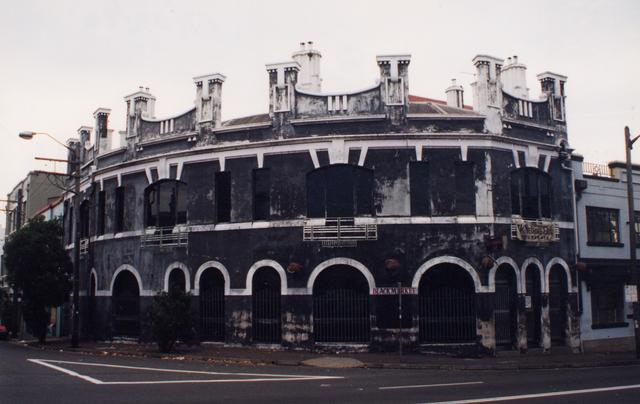
To prepare for the scene Neo is freed from the system, Keanu Reeves lost 15 pounds in weight and shaved his whole body to give Neo an emaciated look. And when the pod was tested, the tester suffered hypothermia, so the water was heated prior to Reeves shooting the scene.
34/44


34/44


The dojo studio was a set. Reeves and Fishburne were often really hitting each other, and were covered in bruises. Reeves’ back injury made it difficult to perform the triple kicks, and that shot had to be postponed and filmed several days later.
35/44


35/44


The Wachowskis knew from the start how they wanted the bullet time sequences to look, but not how to do it. Special effects supervisor John Gaeta and Bill Pope made a dolly with a rocket that would fire a camera round the actors at huge speeds. The tests failed, though.
36/44
36/44
They went for CGI instead. Multiple cameras were placed around the actors and shot the action at the same time. CGI was then used to stitch the shots together and make it flow. as fluently. The cameras captured 12,000 frames per second instead of the usual 24 fps.
37/44




37/44




The ‘construct’ that Morpheus trains Neo in isn’t as big as the matrix, so duplicates ‘characters’. To show this, twins were used so we seem to see the same people more than once. Like the woman with the red dress scene…
38/44


38/44


The shot after the huge shootout where flames roll along the floor was inspired by the blood elevator shot in The Shining. It was achieved by shooting the flames moving across the ceiling, and turning the camera upside down.
39/44
39/44
The Wachowskis to shoot the subway fight in a real station, but the mount if wire work meant a set was needed. It was built around a train storage facility, so the train tracks are real. The extensive wire work led to Reeves’ stunt doubles both being injured.
40/44




40/44




The ripple effect we see in the helicopter crash was created digitally, but included practical elements. Months of research were needed to find the right kind of glass and explosives to use. It was shot by colliding a replica helicopter model into a glass wall wired with rings of explosives.
41/44



41/44




The Matrix was released in the relatively early days of the internet and was one of the first films to go all in with digital marketing. A website called was launched, and left cryptic clues asking ‘What Is The Matrix?’
42/44 whatisthematrix.com


42/44 whatisthematrix.com


On a budget of $63m, The Matrix grossed $466.6m at the box office – a huge return. James Cameron called “one of the most profoundly fresh science fiction films ever made”. And Quentin Tarantino called seeing it “a mindblowing experience.”
43/44




43/44




Finally… in 2003, the Wachowskis were sued by writer Sophia Stewart. She said she answered an ad from the Wachowskis in 1986 asking for ideas and sent her story The Third Eye. It became The Matrix. She also sued James Cameron for The Terminator. Both cases were dismissed.
44/44


44/44
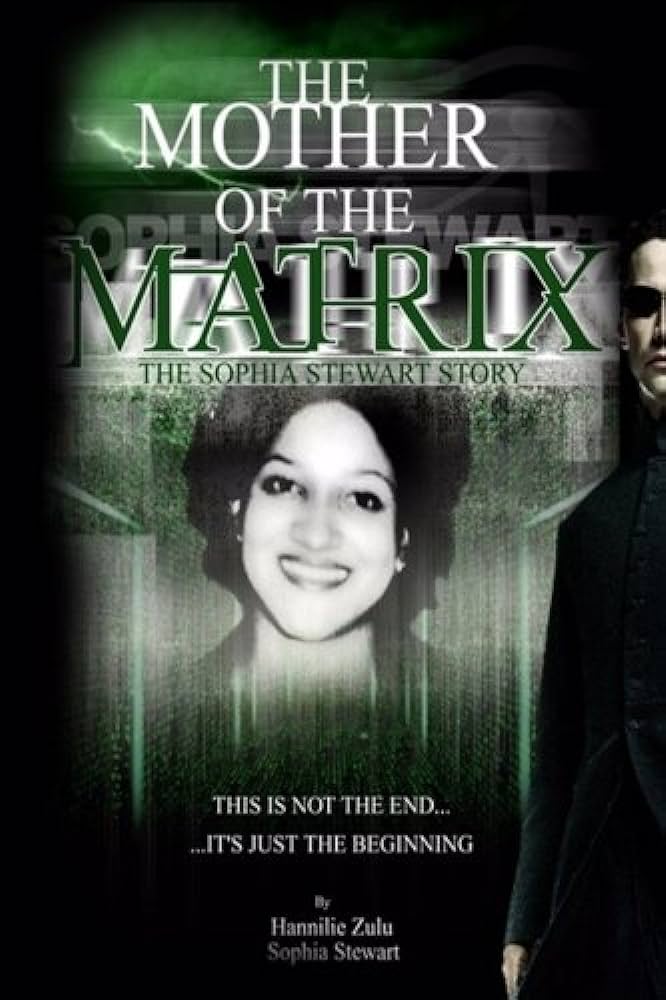

If you liked our making of story behind THE MATRIX, please share the opening post 😃
https://x.com/ATRightMovies/status/1774382391617892718?s=20
• • •
Missing some Tweet in this thread? You can try to
force a refresh


